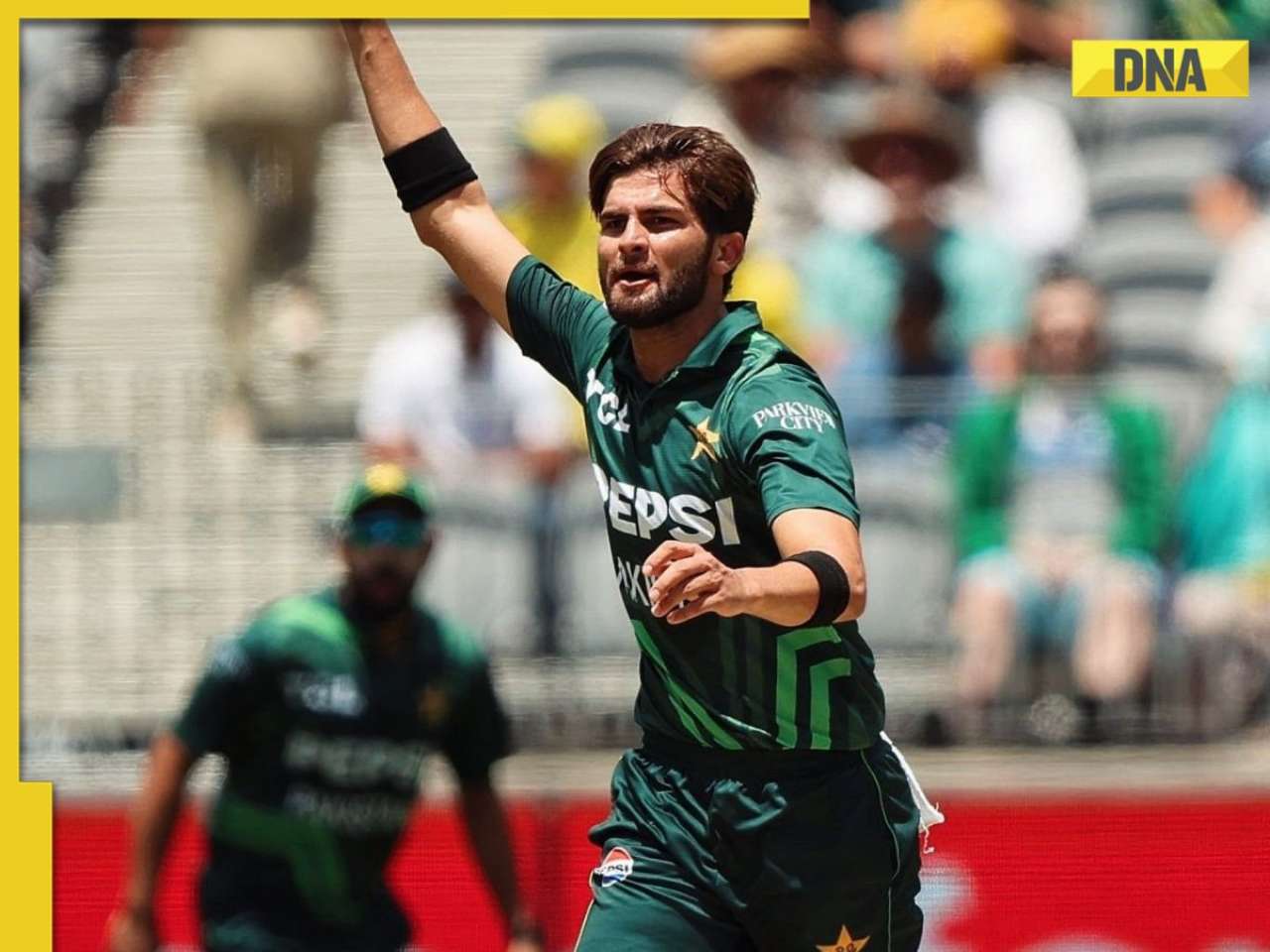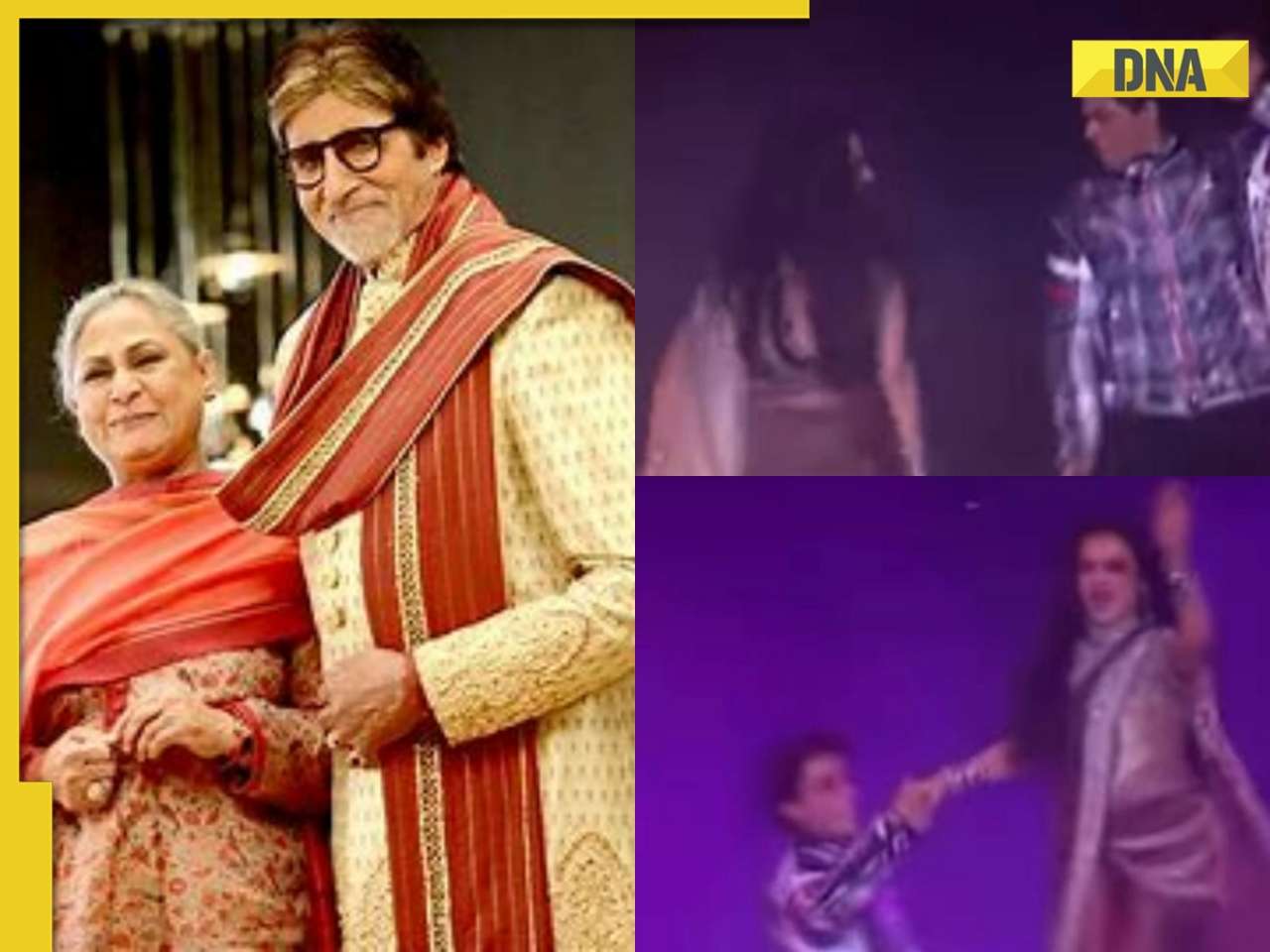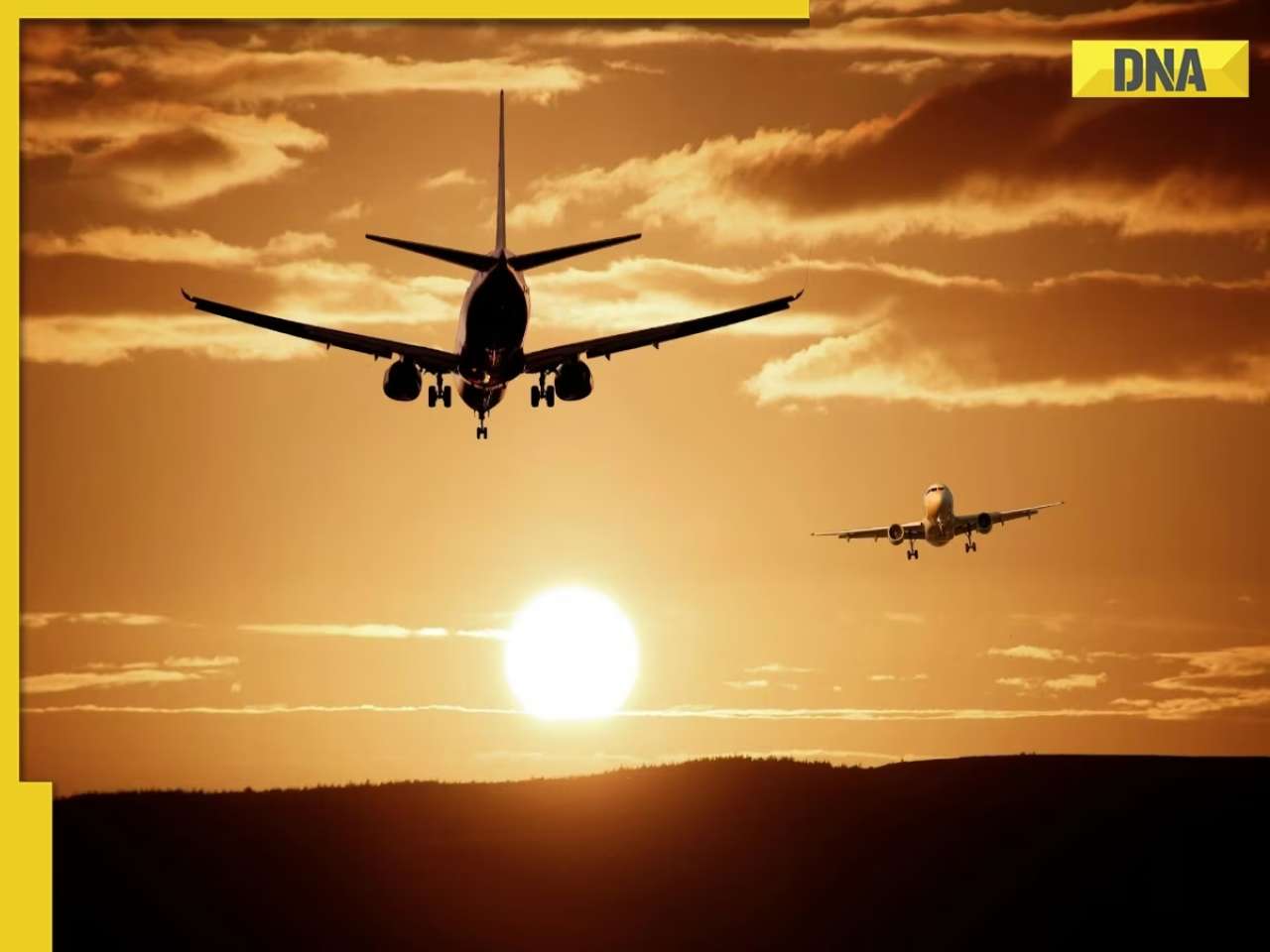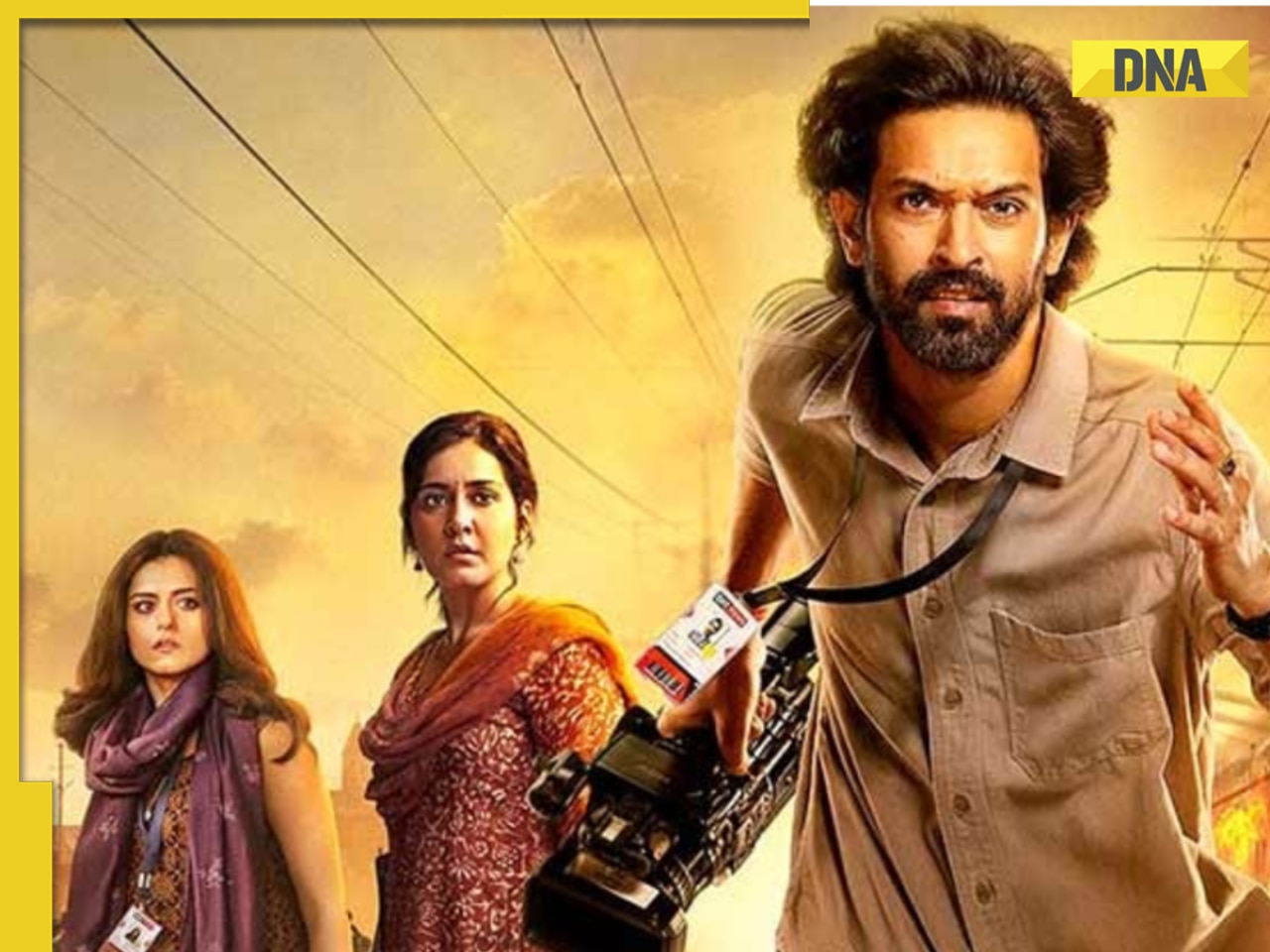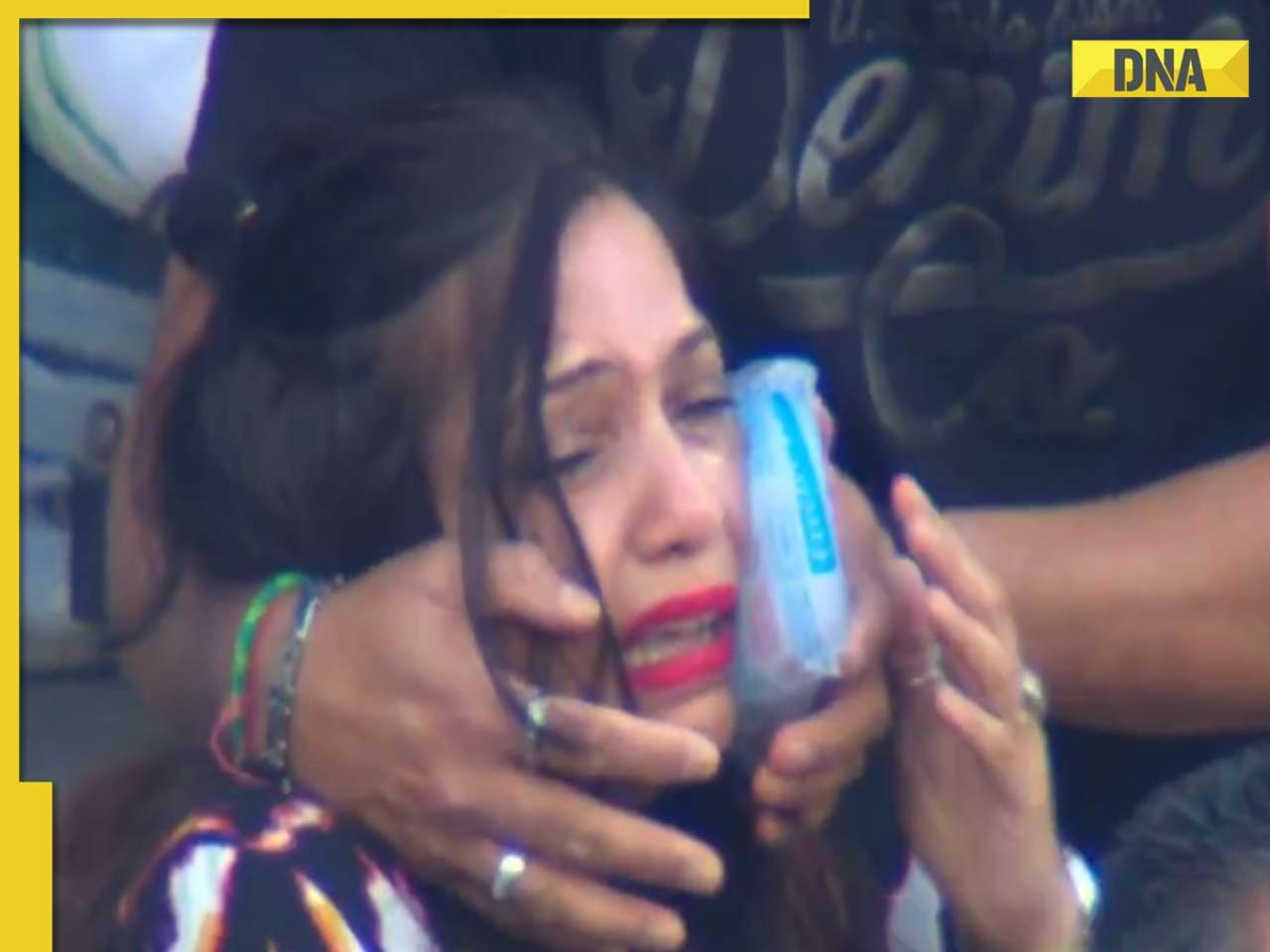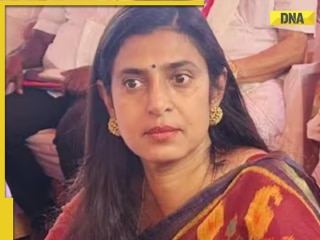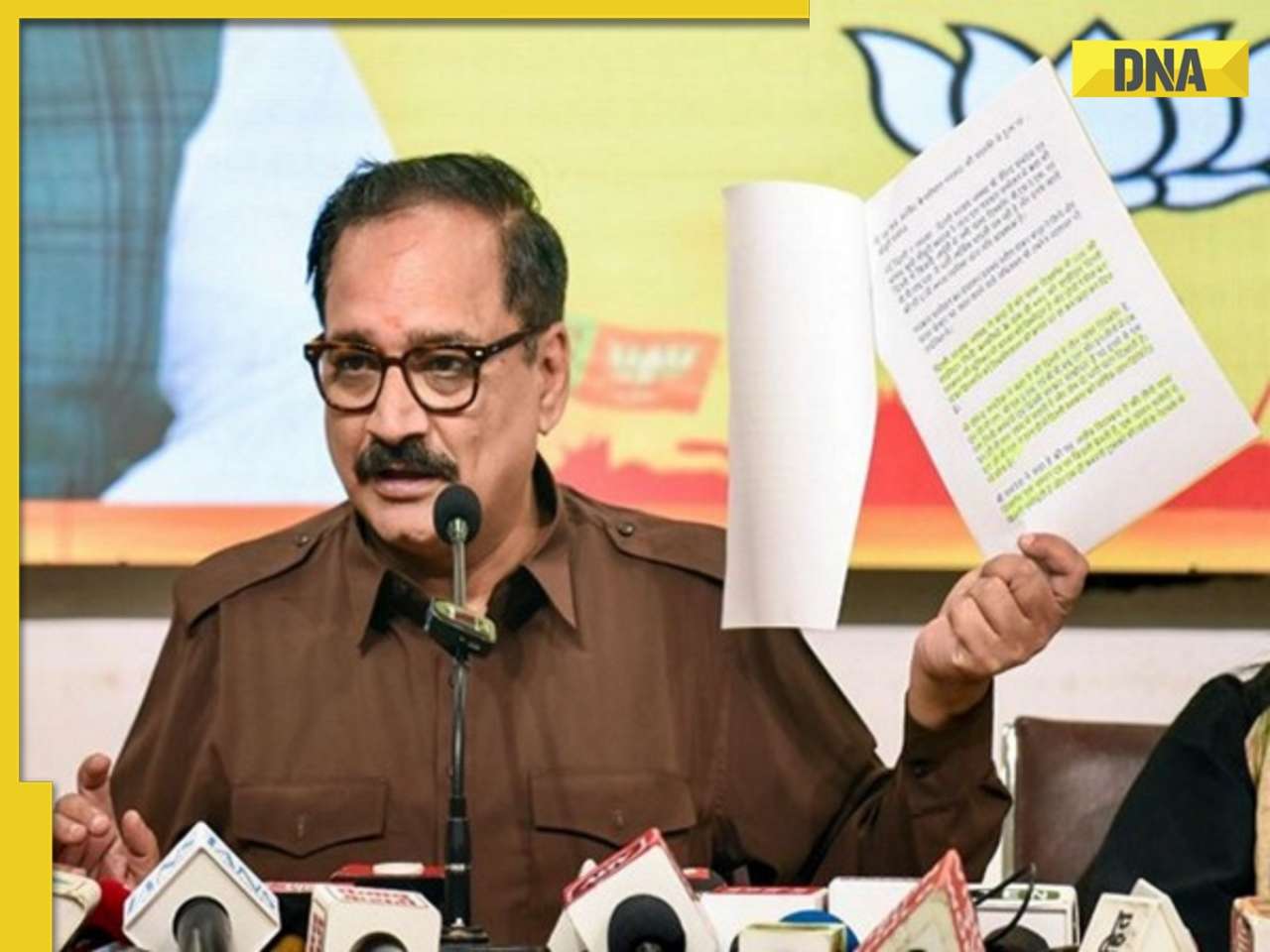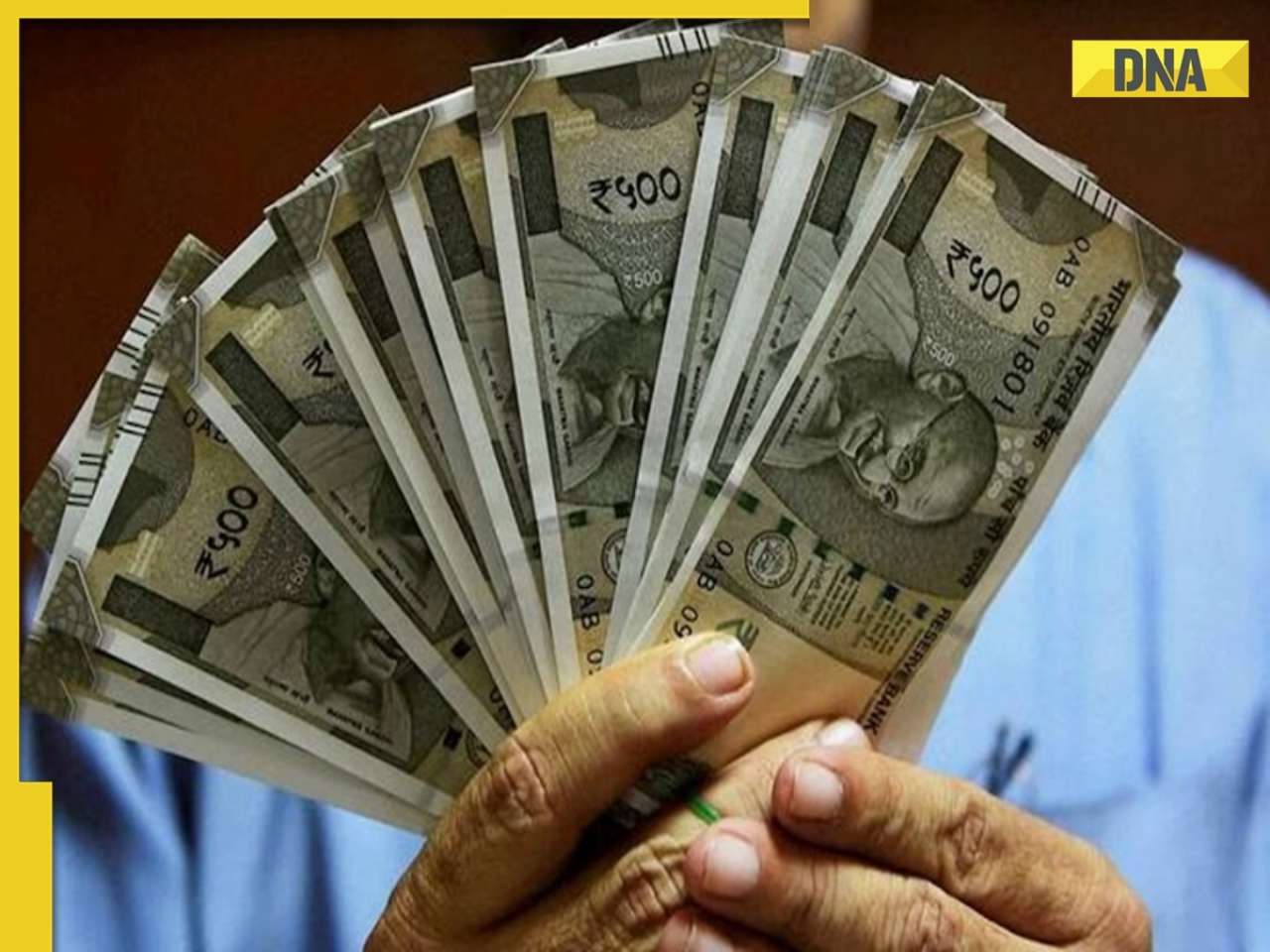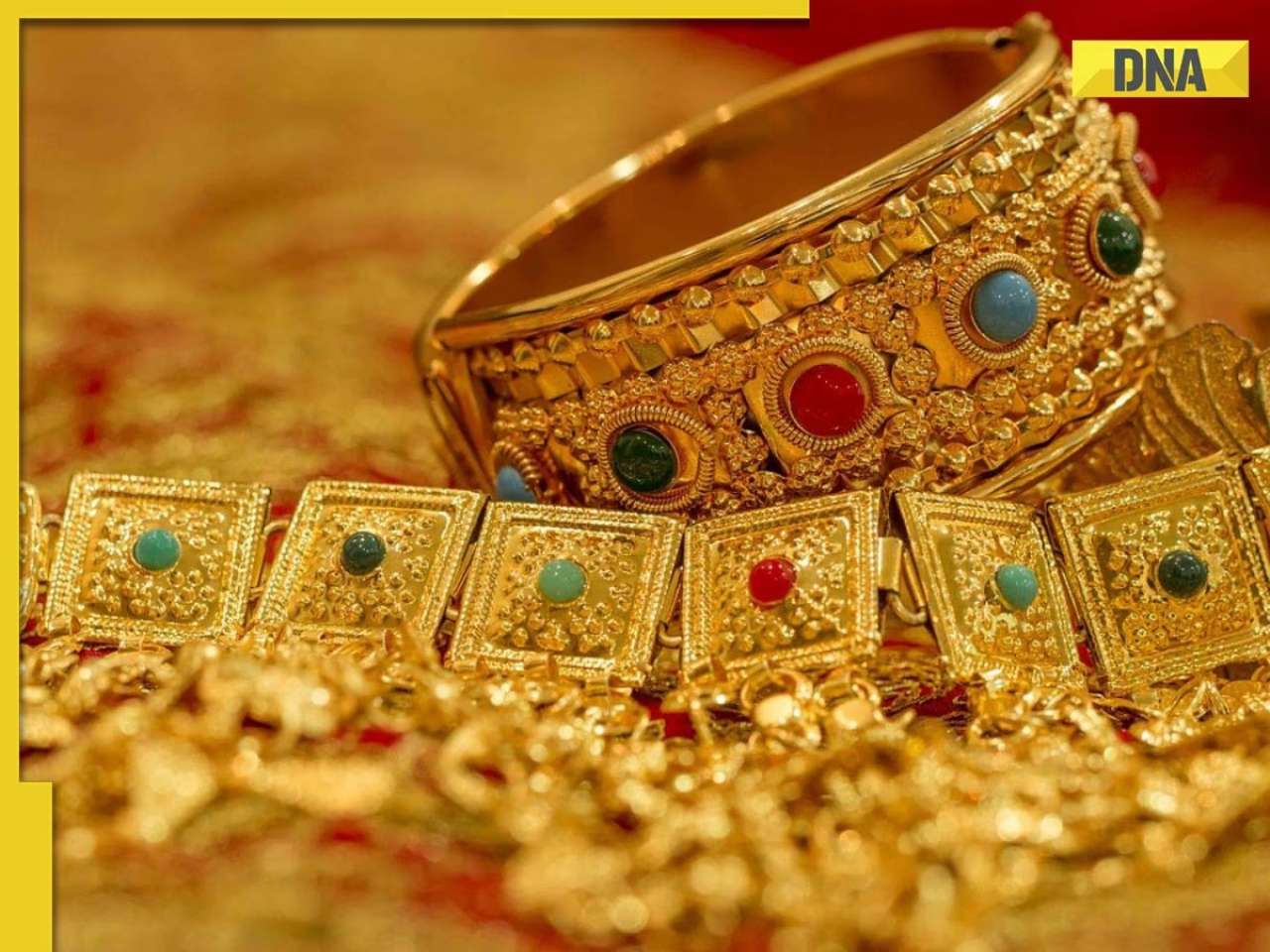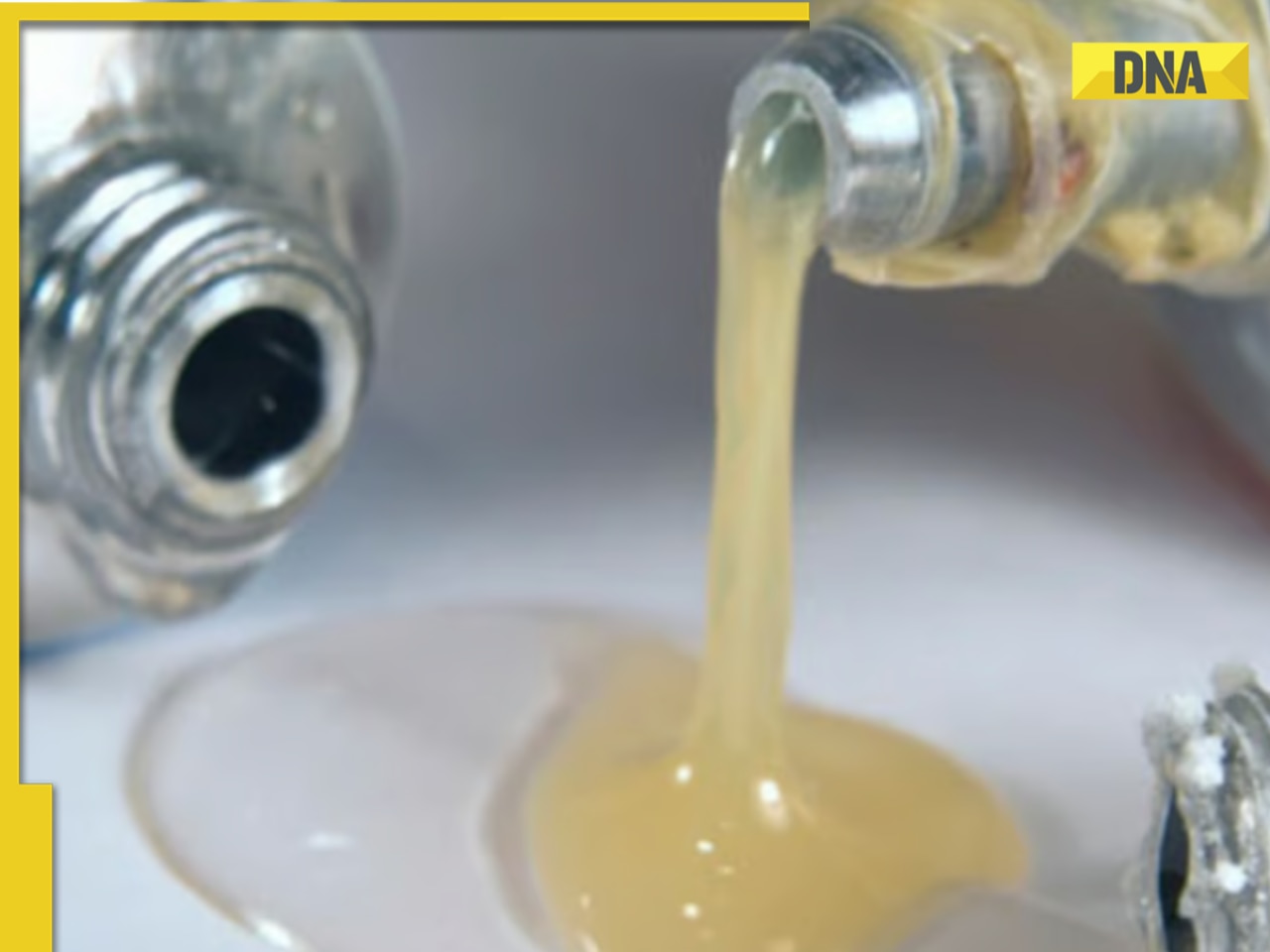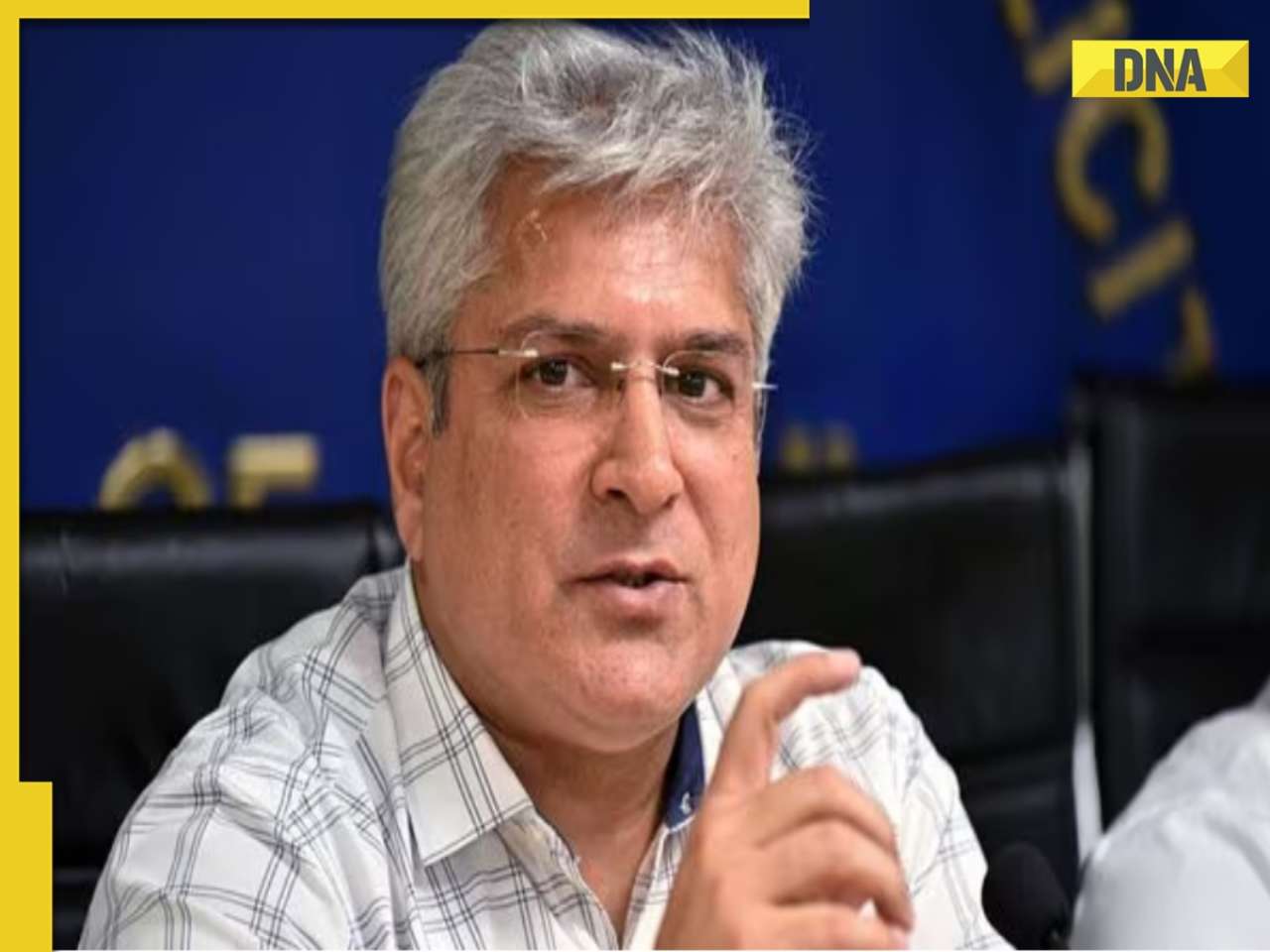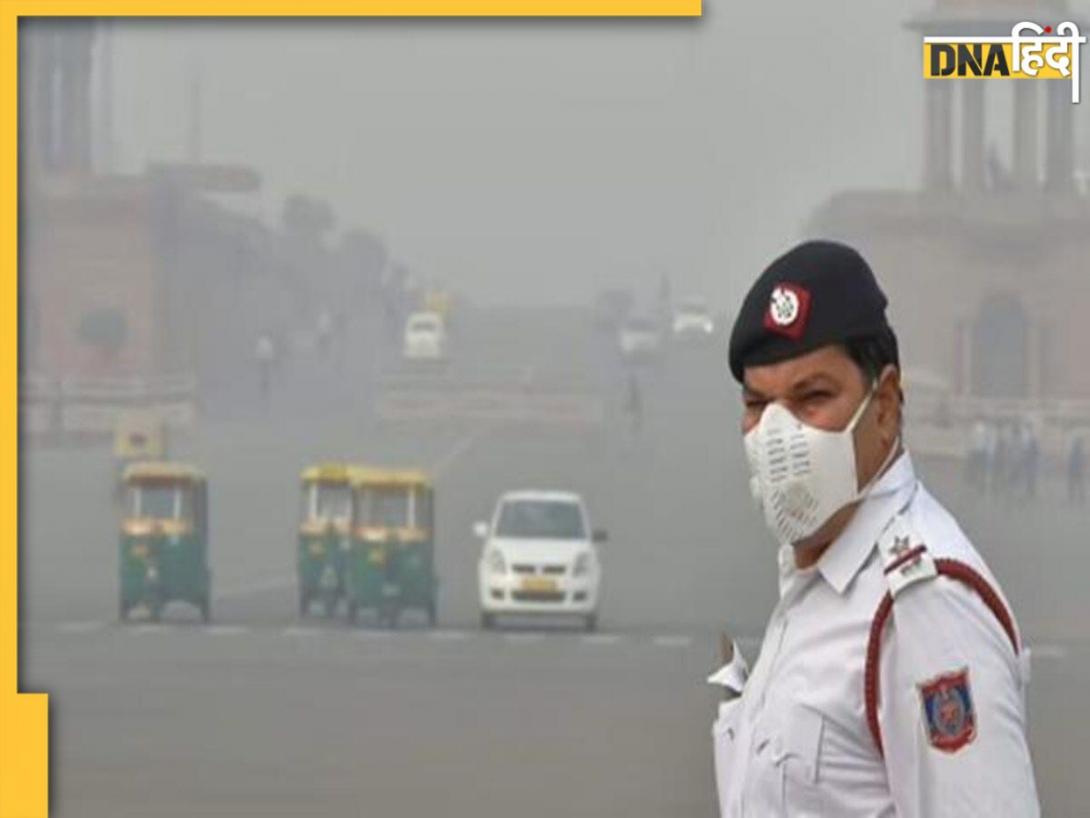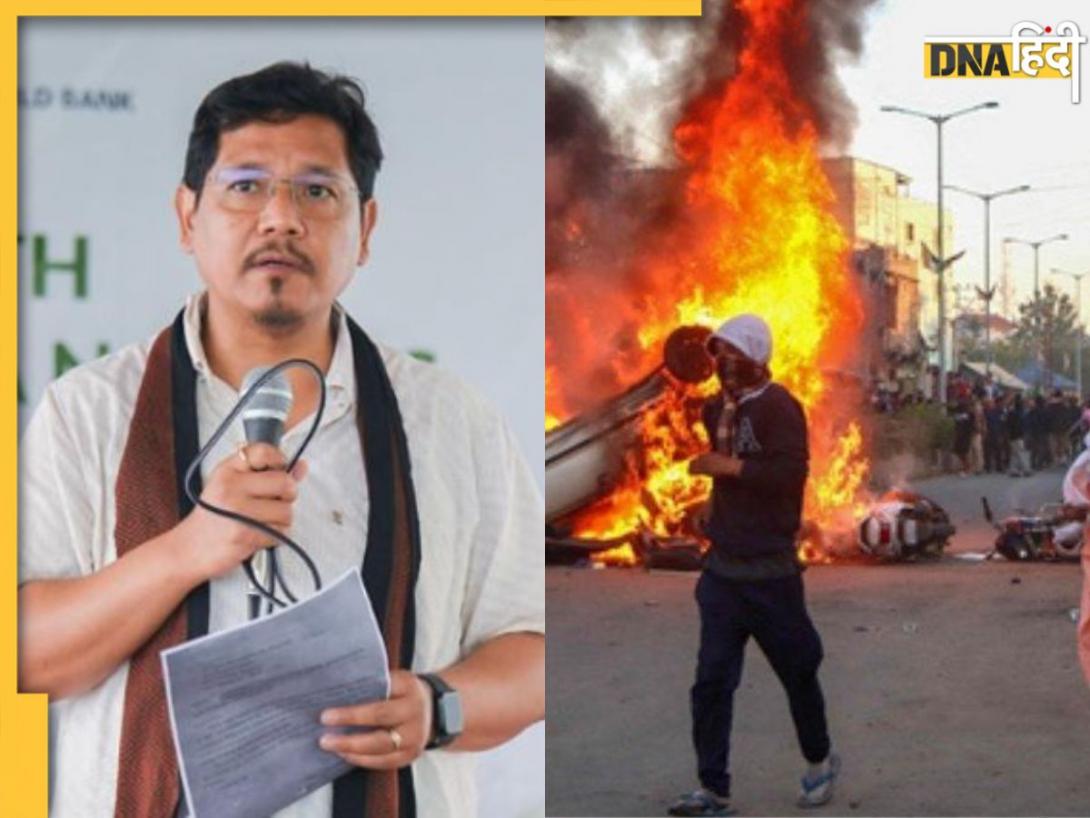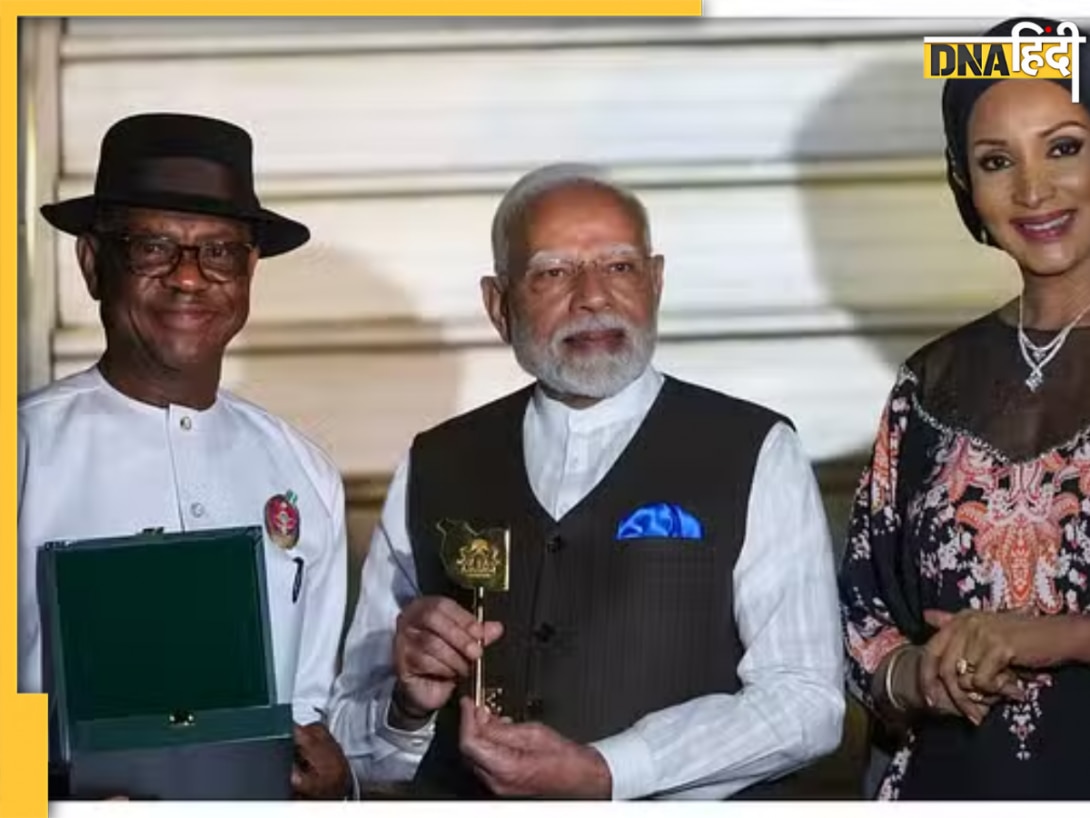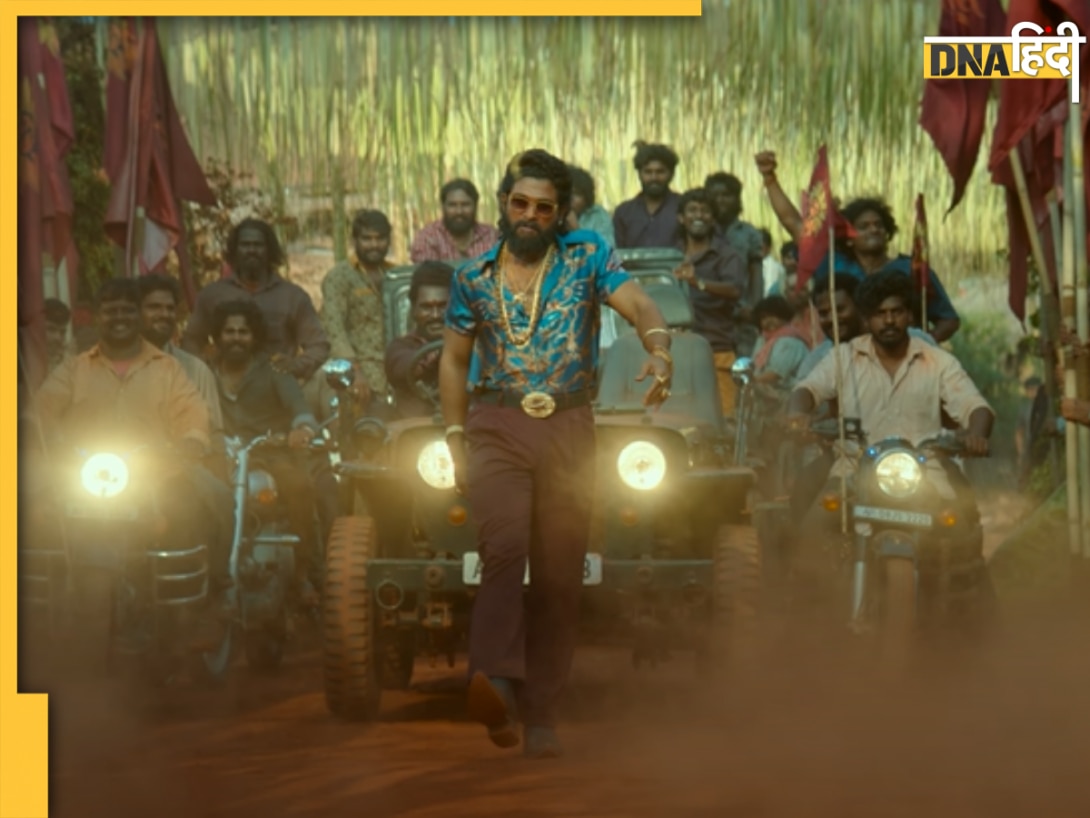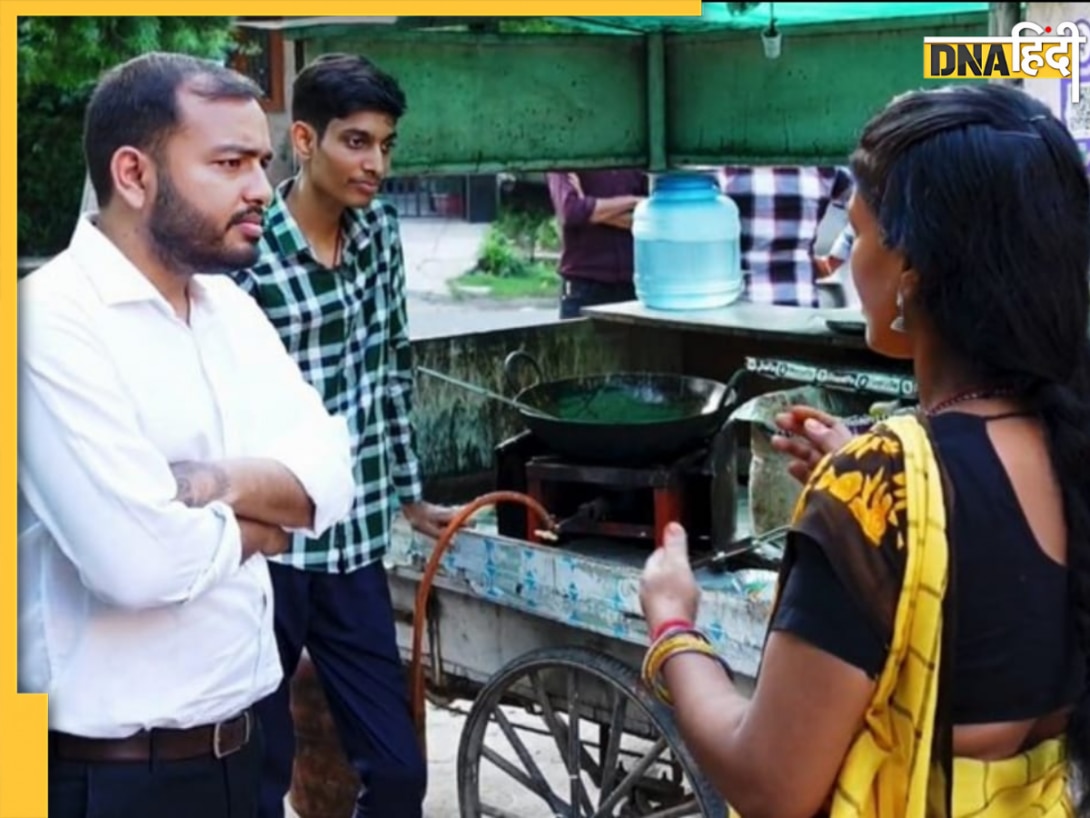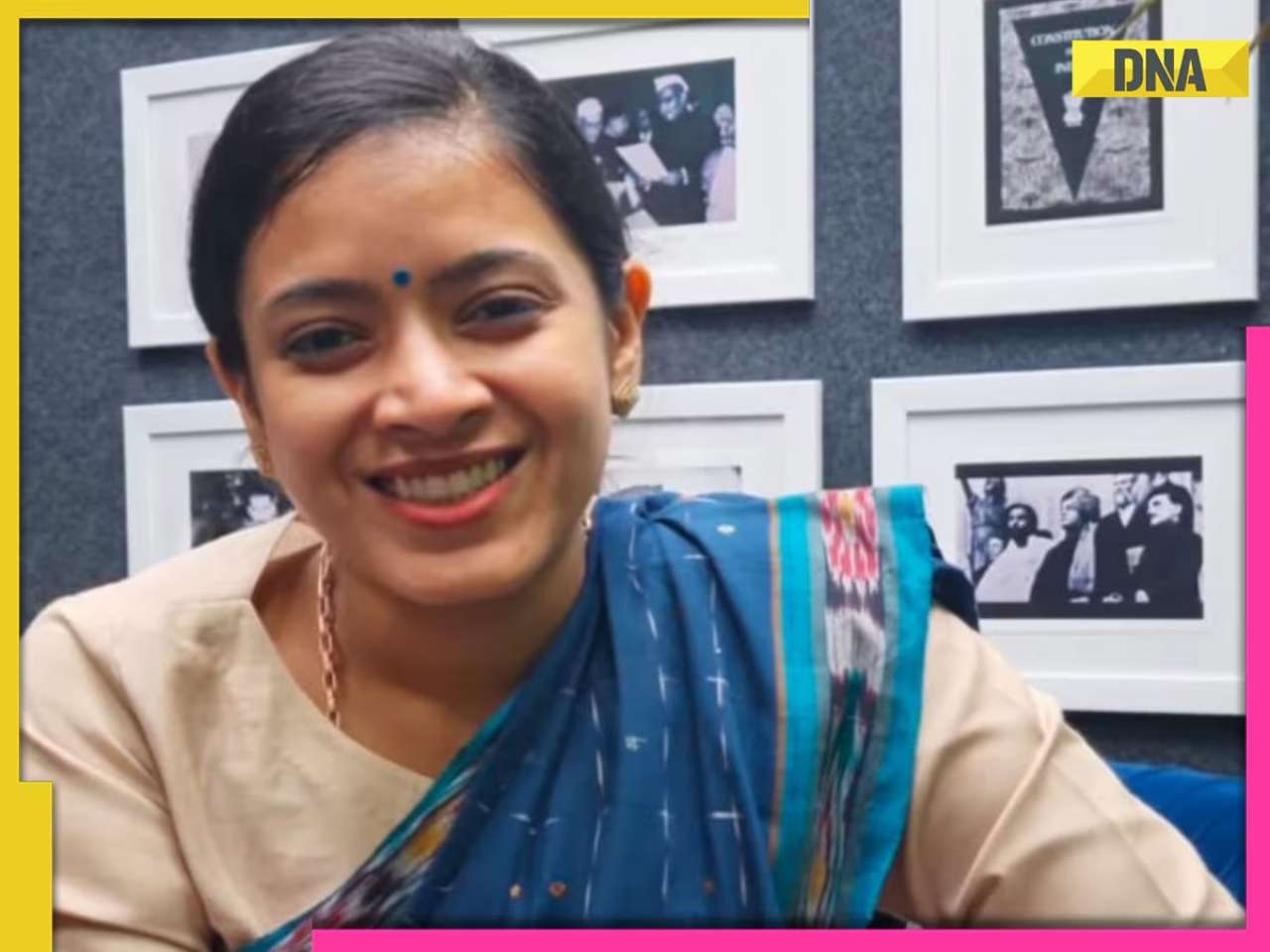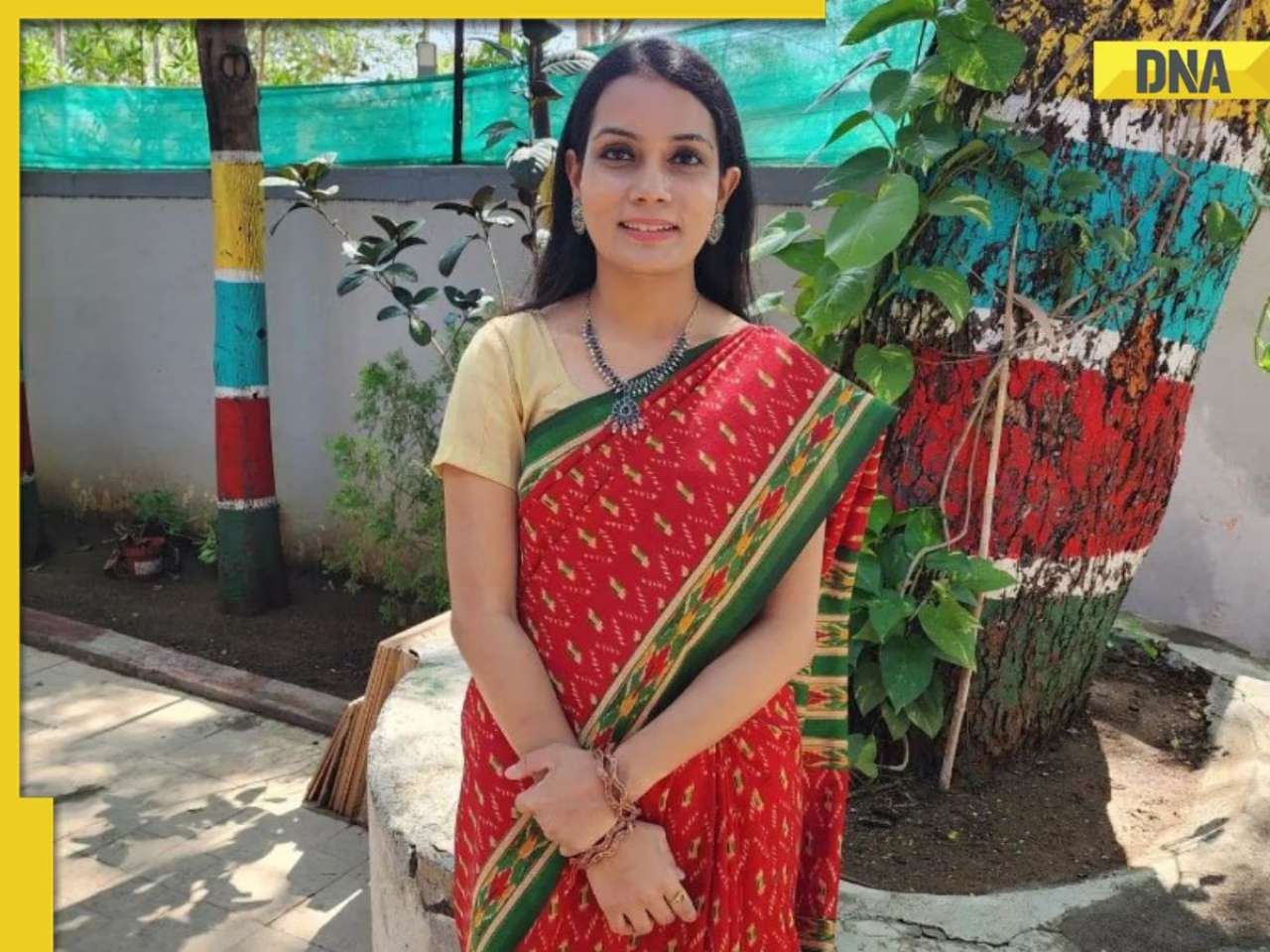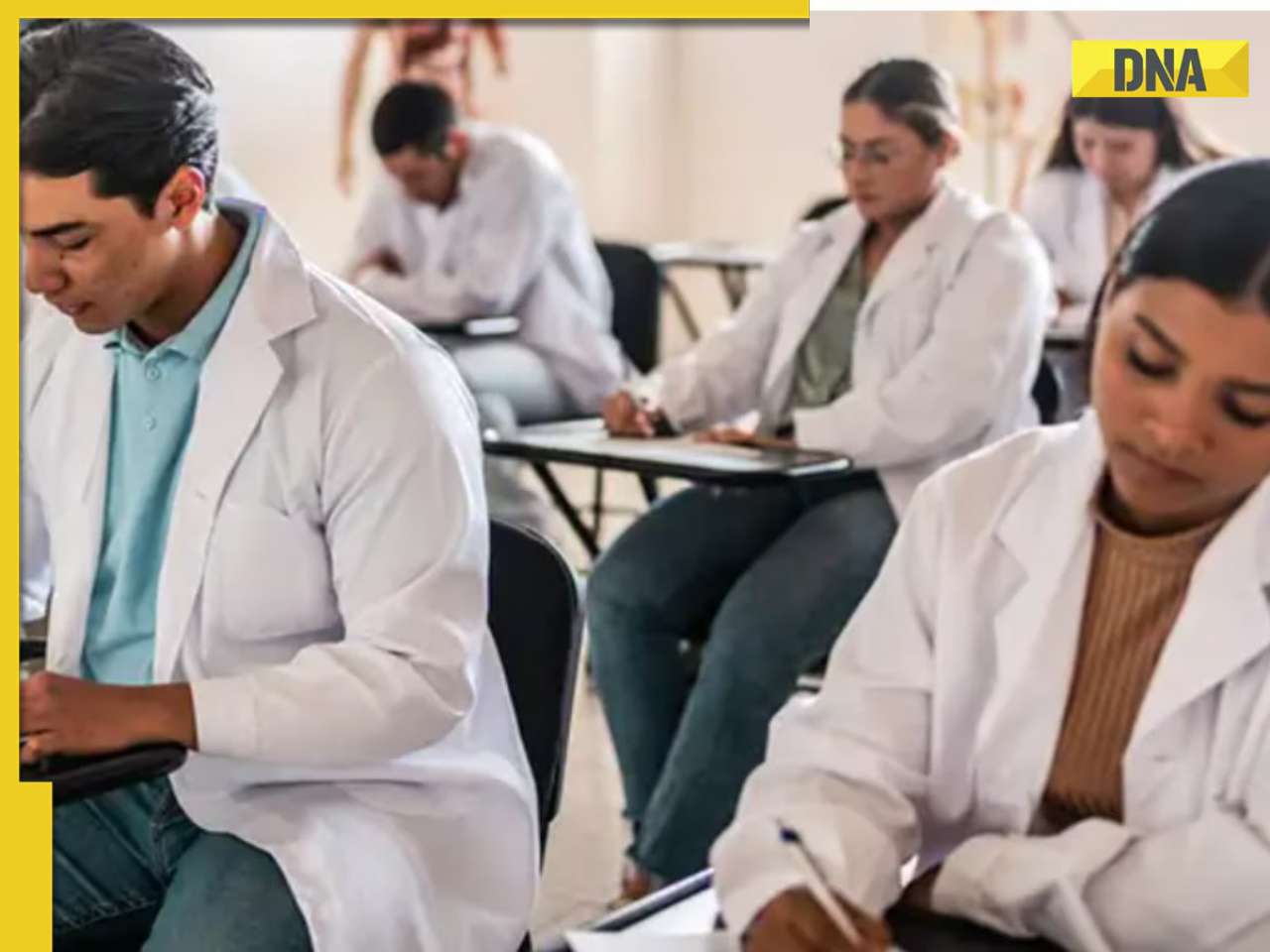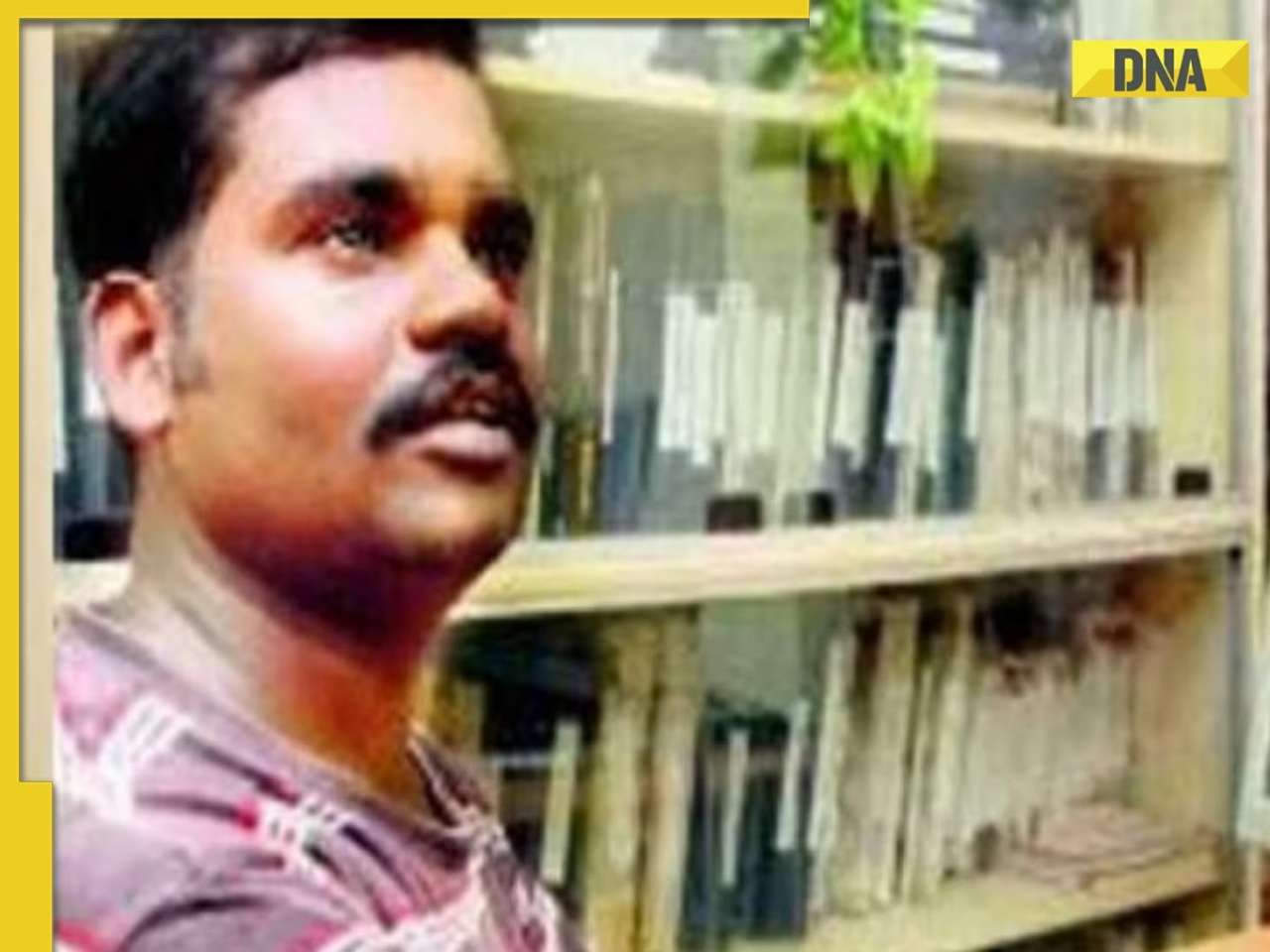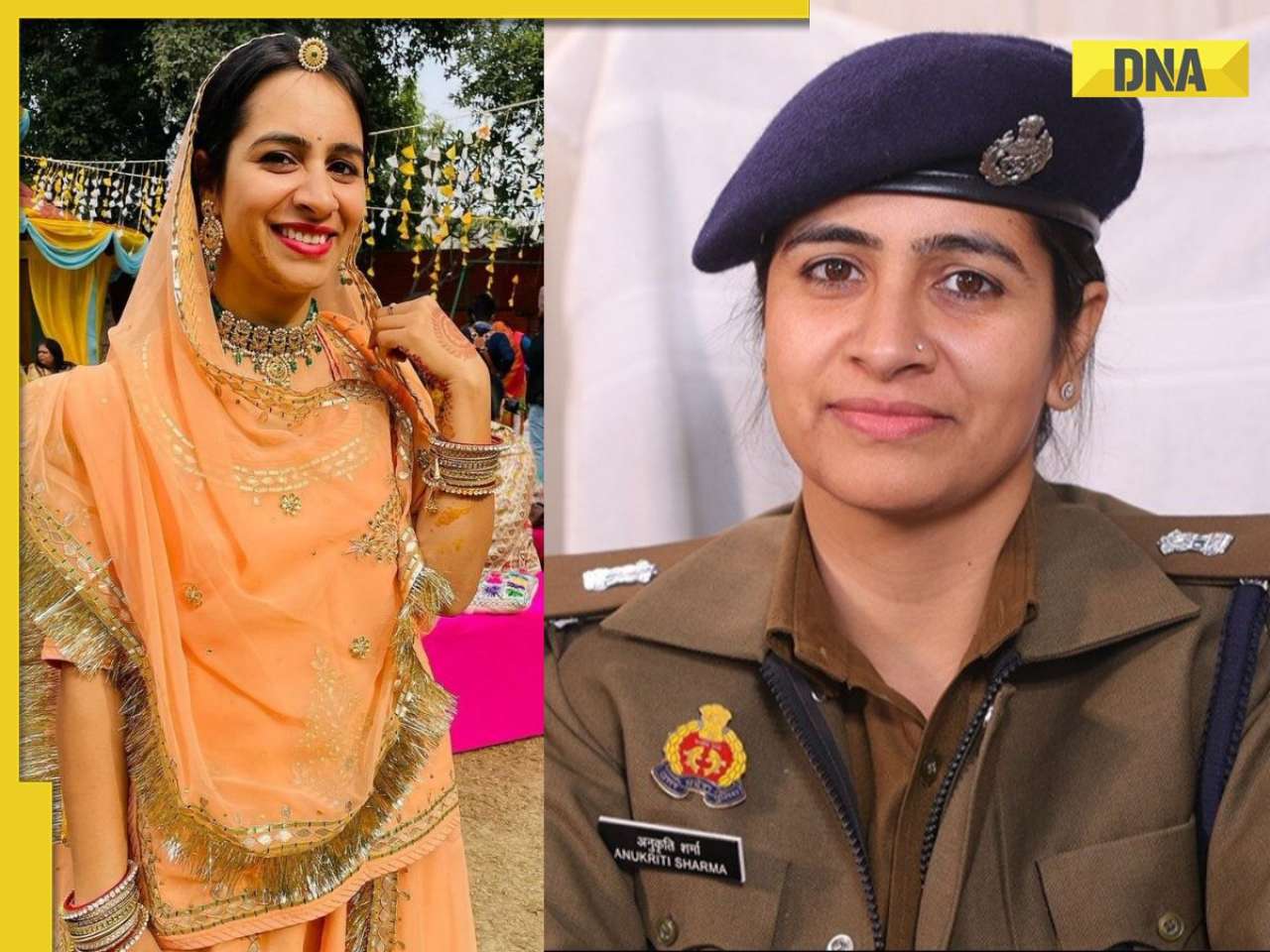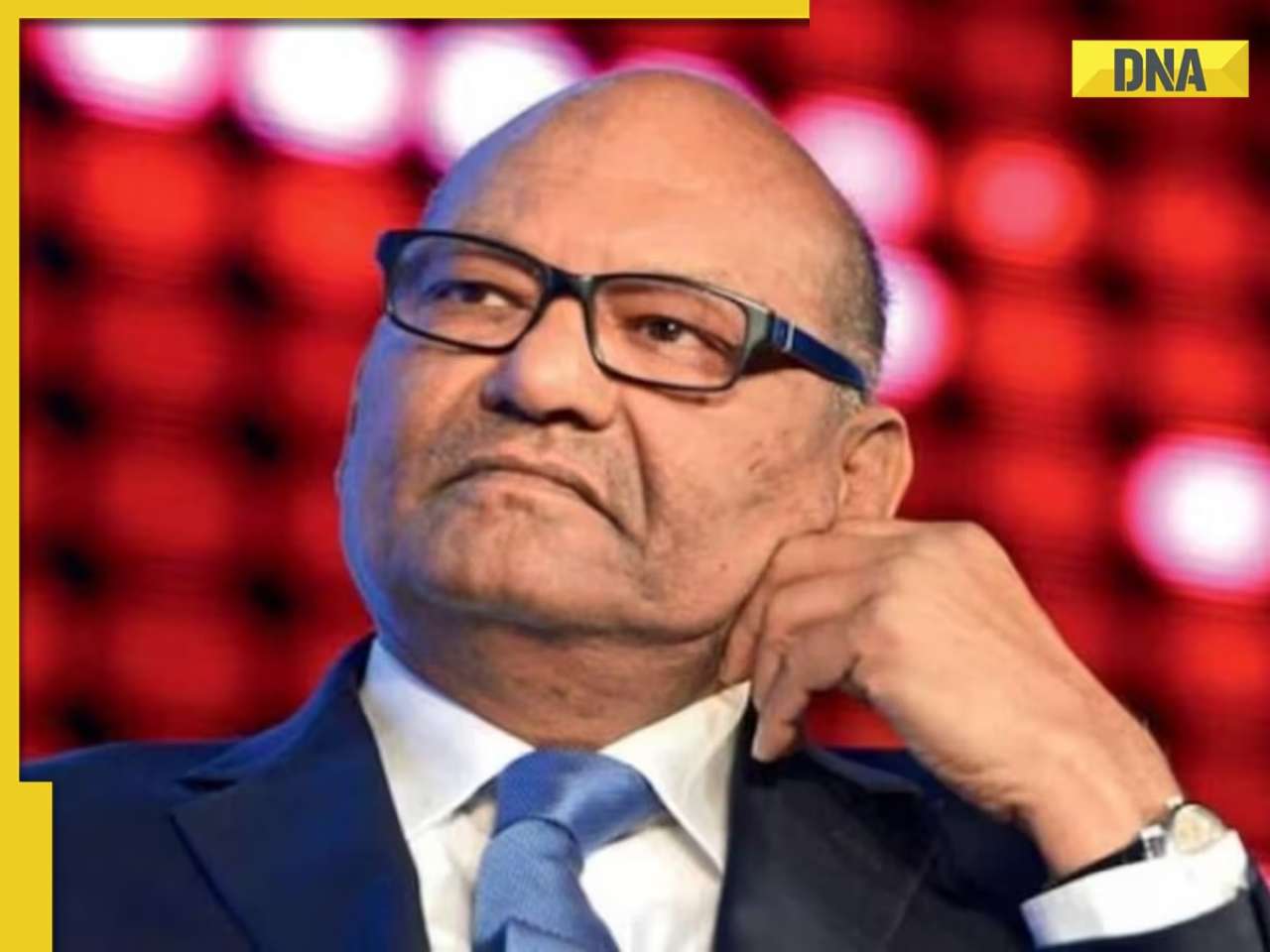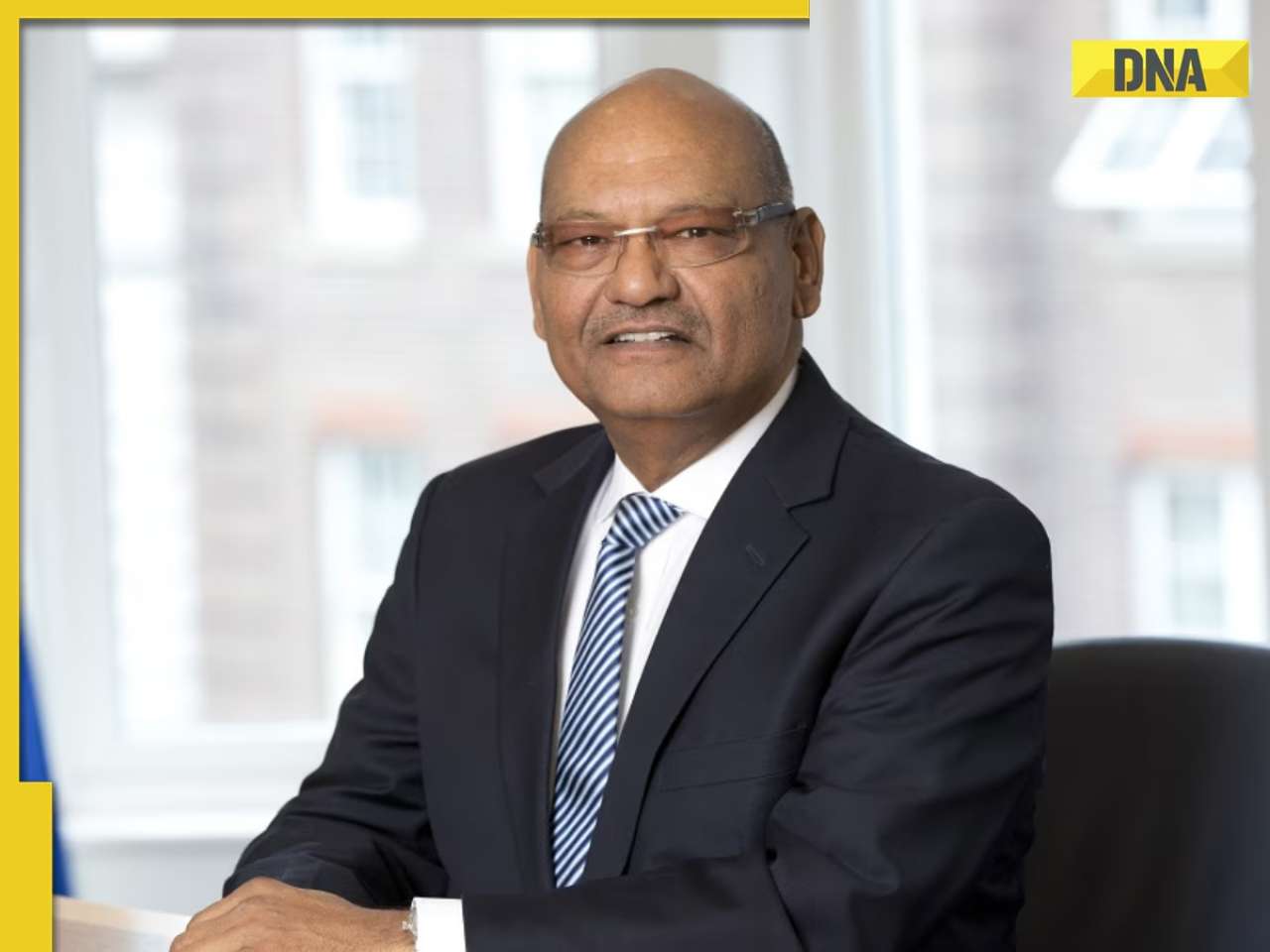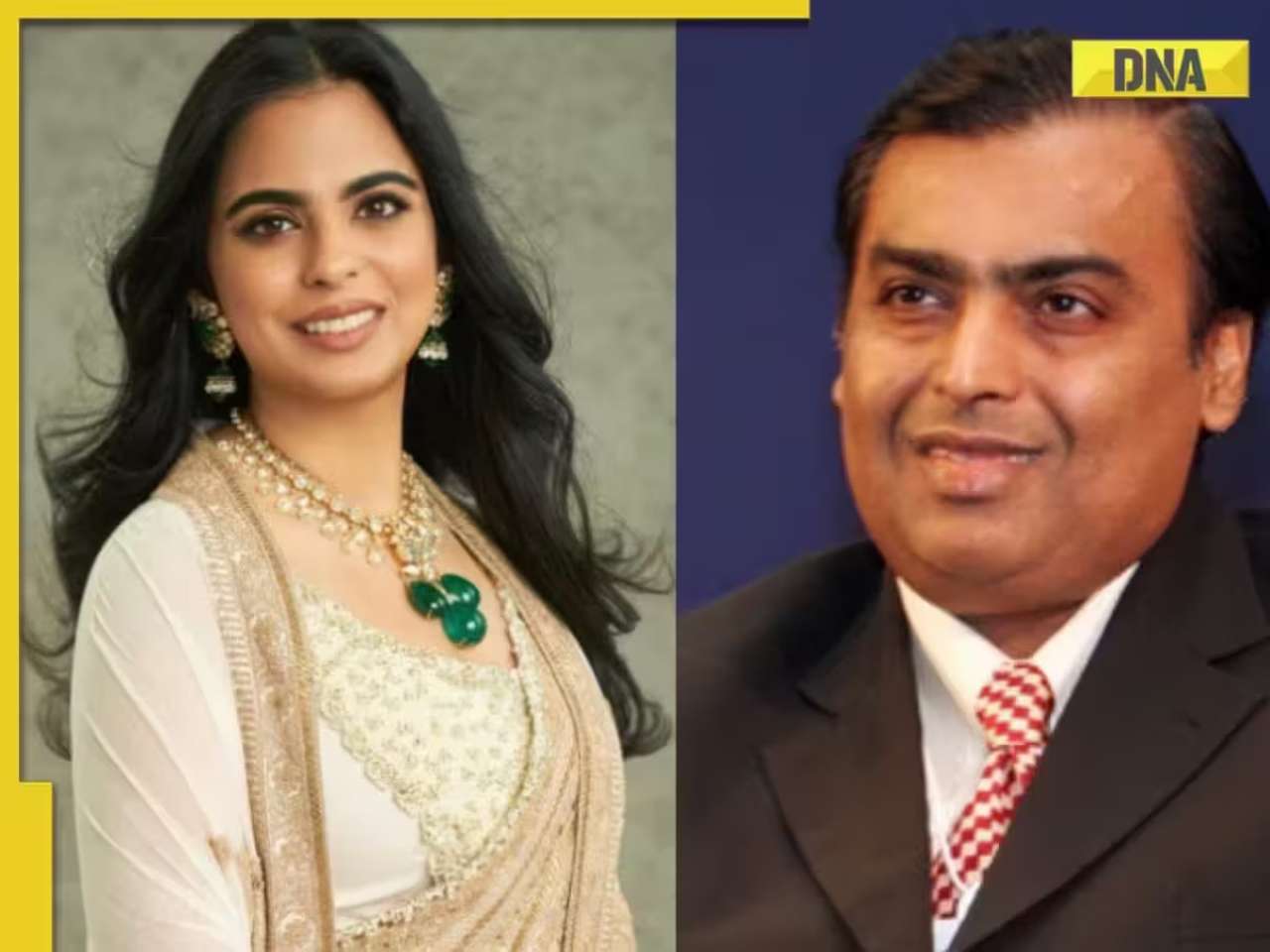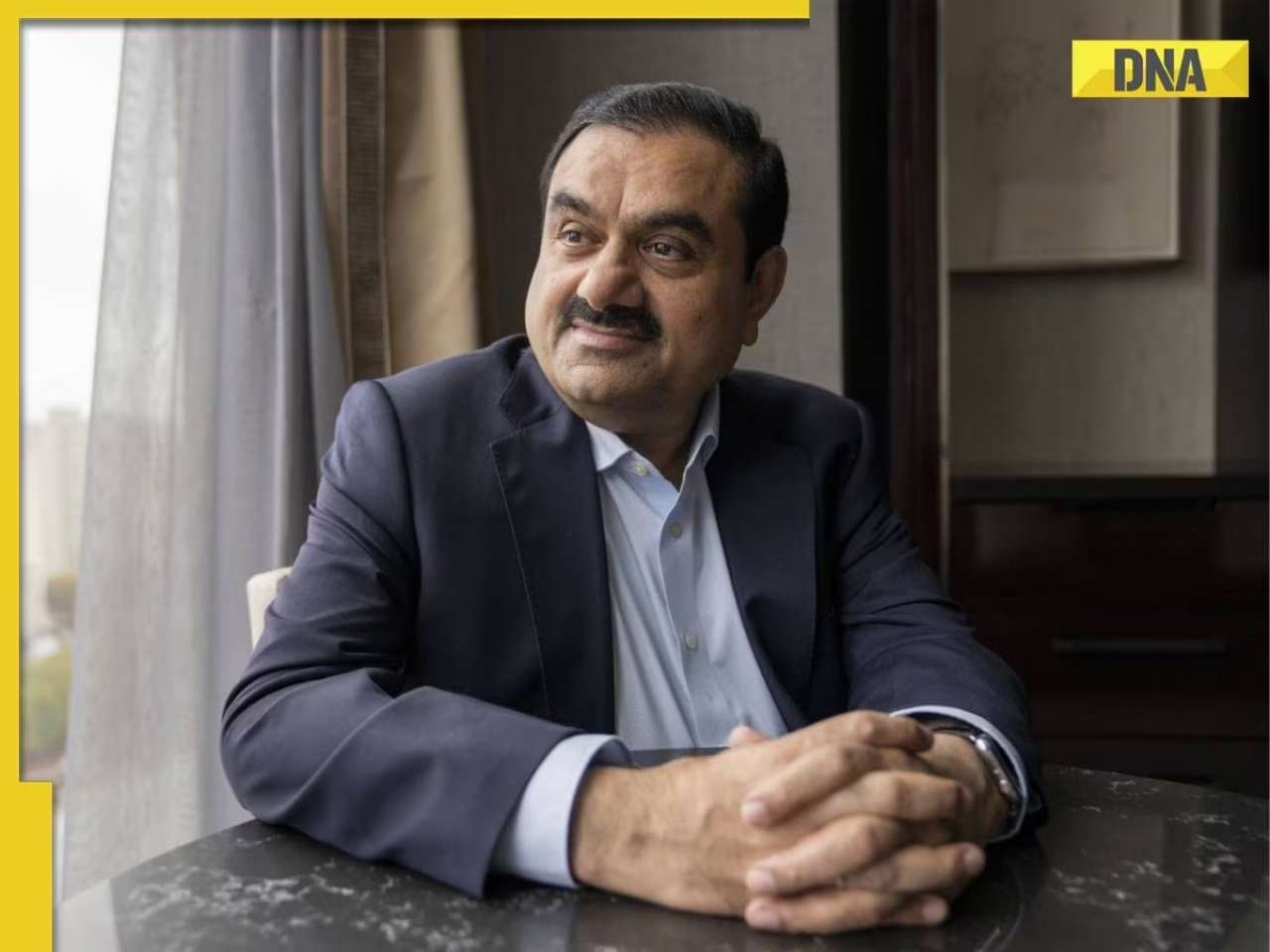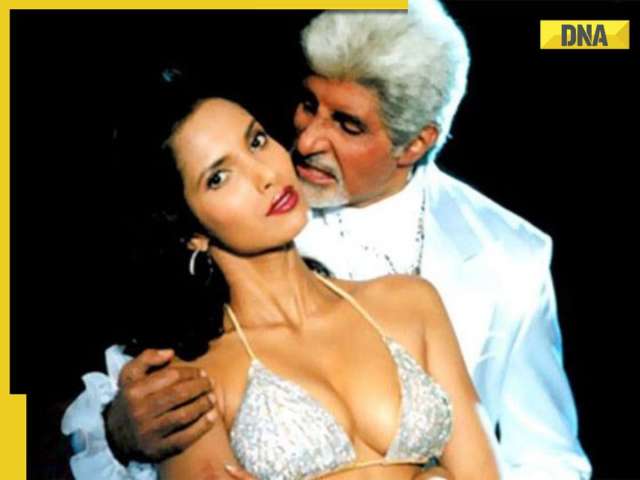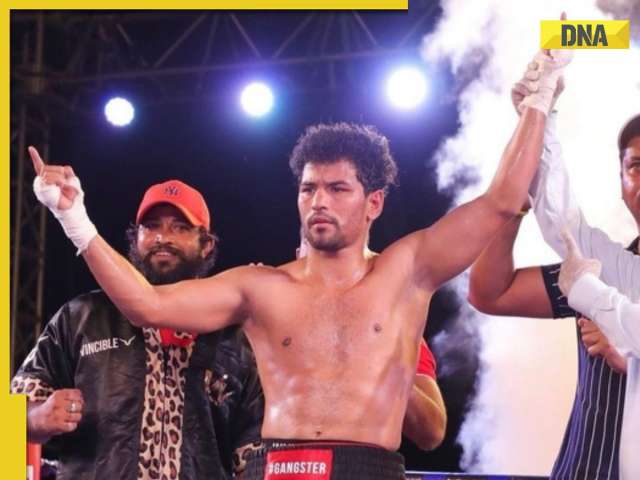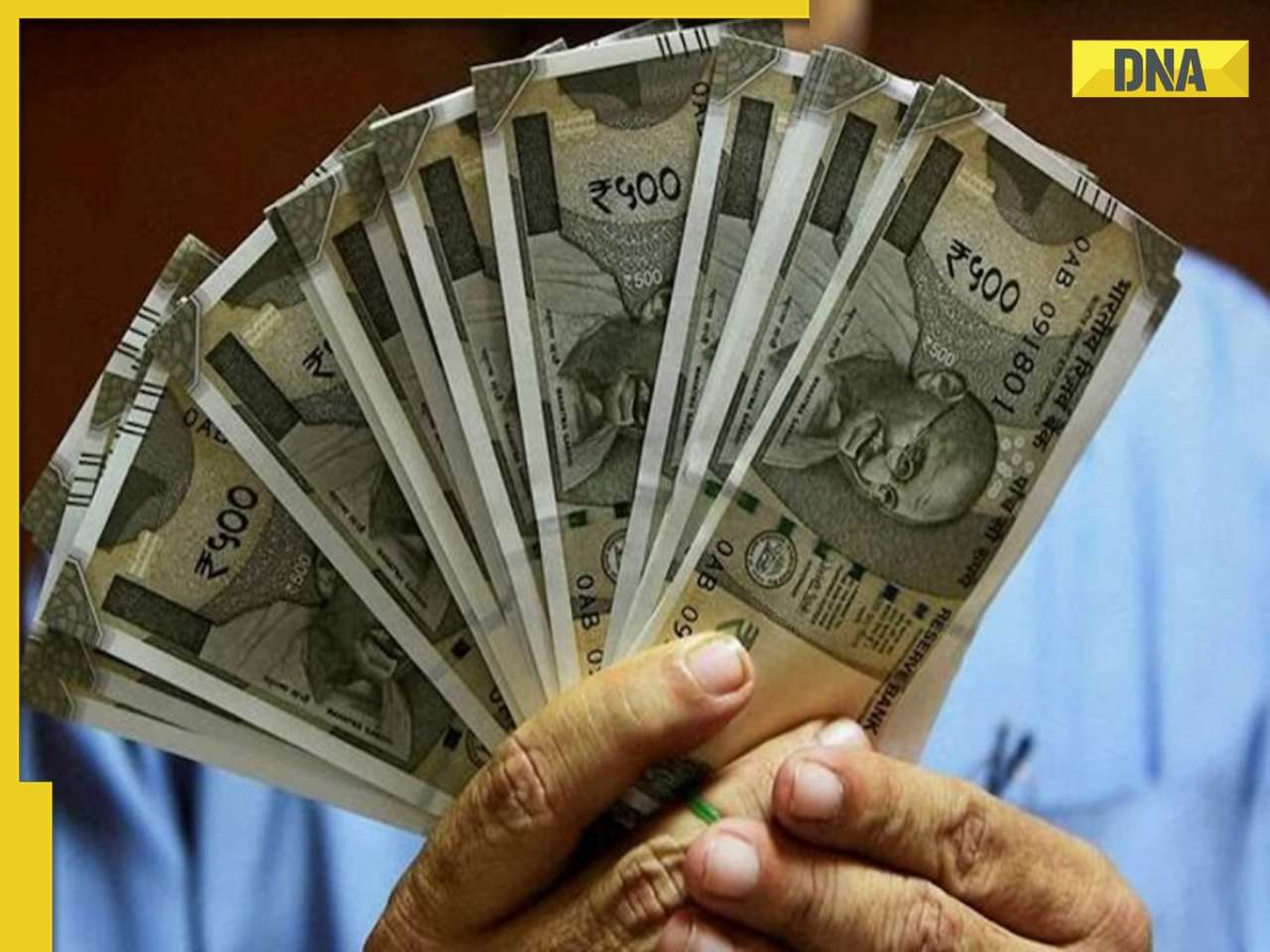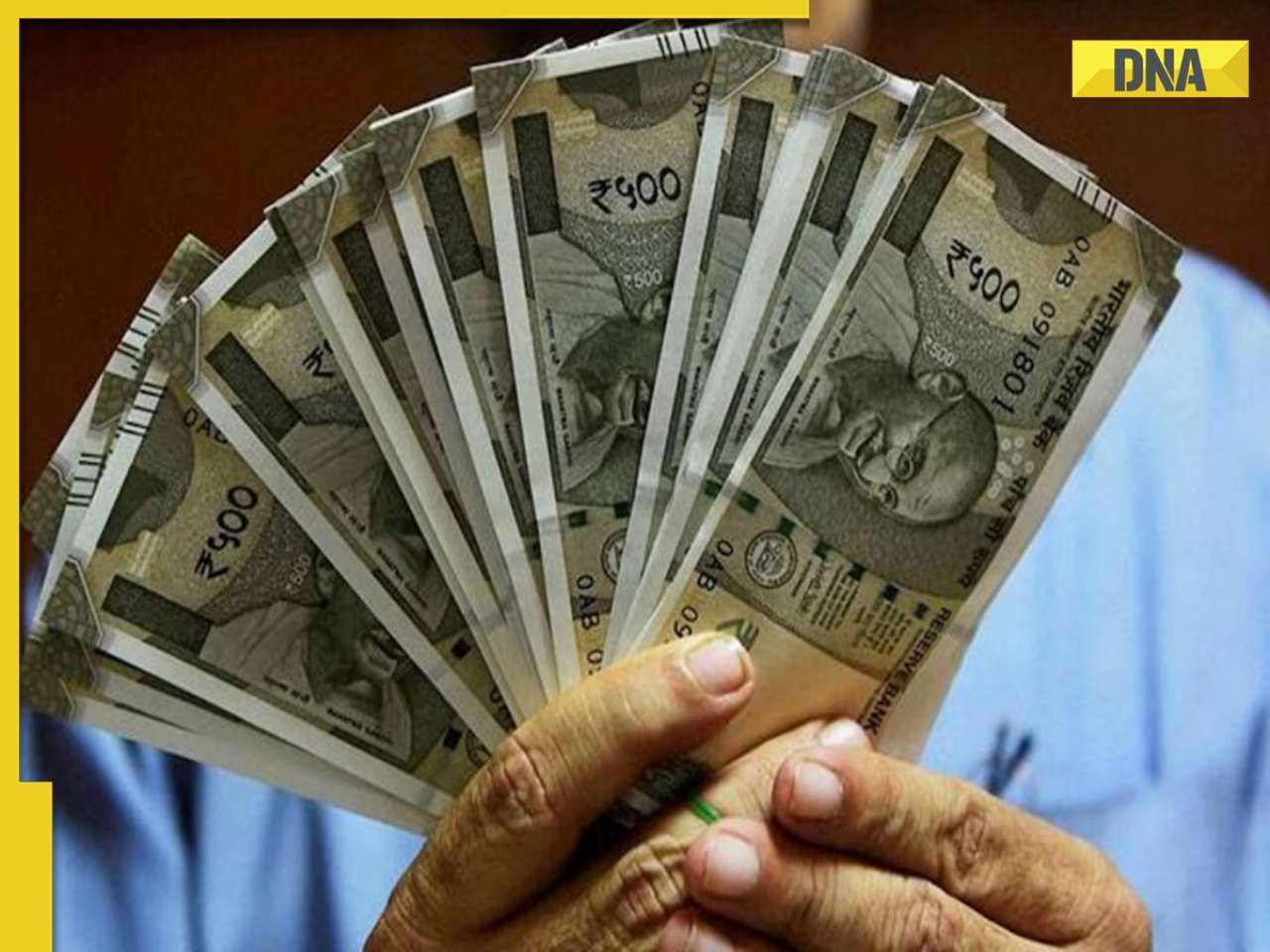- LATEST
- WEBSTORY
- TRENDING
INDIA
FULL TEXT: Republic Day speech of Kocheril Raman Narayanan
KR Narayanan, 10th pPresident of independent India, on eve of the golden jubilee of India's Republic Day, thanked the visionary support to science and technology, India having made advances in those fields. The president pointed out that although India has one of the world's largest reservoirs of technical personnel, it also has the world's largest number of illiterates, middle class, people below the poverty line, and children suffering from malnutrition. The president also talked about the status of women in the country, especially the status of dalit women, who are still considered as 'untouchables'. KR Narayanan praised Indians to have played a leading role in the decolonising of the mighty continents of Asia and Africa.
TRENDING NOW
Fellow citizens,
On the eve of the Golden Jubilee of our Republic I have the privilege to extend to all Indians living in India or abroad, my heartiest greetings and felicitations. I also send my greetings to the brave personnel of our armed forces who stand guard to defend the unity and territorial integrity of the nation. And I pay my homage to the memory of those who laid down their lives in the defence of the Republic from external aggression and intermittent terrorist attacks across the border. On this solemn occasion our thoughts go back to the Father of the Nation who lived and died for the freedom and unity of our nation, and to the countless men and women who followed him into the arena and faced immense hardships and sufferings in the heroic struggle for independence. Our thoughts also go back to the founding fathers of our Constitution whose far-sighted vision and arduous labours gave us a Constitution which enshrined the traditional concepts of liberty, equality and fraternity adding to them the concept of Justice – social, economic and political -- and declaring our nation a sovereign democratic Republic.
The word ‘Republic’ is no ordinary word. It is a commitment to the effect that, in our State, supreme power is exercised not by some remote monarch but by the people. It is an affirmation that the wielder of power in India - the adhinayaka - is the great aggregation of our people as a whole, whom Rabindranath Tagore has immortalised as the jana-gana. Let us, on this anniversary, hail that proclamation and commitment. Let us celebrate the exceptional status we enjoy, the status of being the world’s largest democracy. Given the chequered career of democracies elsewhere, we can be grateful to be citizens of this Republic; where an individual, be he ever so high, the Constitution and the laws made by the people remain higher than him; and where the Executive remains accountable to the Parliament.
Thanks to our early and visionary support to science and technology we have made advances in that field as would excite human imagination anywhere. Thanks to our kisans and mazdoors and entrepreneurs the wheels of our agriculture, commerce and industry turn steadily with the world; and thanks, above all, to the striving of our agricultural communities, our granaries remain full. From the 1970s when our GDP grew at only around 3.5% per annum, economic growth rate has accelerated to around 6.5%. It is not generally realised that in the 1990s, India has become one of the 10 fastest growing economies in the world. We can be justly proud of the abundance of our entrepreneurial ability, the high levels of domestic private savings, and also of the high level of managerial and technical skills. All these have enabled our economic reforms to have a solid and a stable base for further and more rapid growth.
This is a day when we take pride in our achievements, but it must surely also be a day of honest self-analysis and self-questioning about where we, as a people and a society, are headed.
Fifty years into our life in the Republic we find that Justice - social, economic and political - remains an unrealised dream for millions of our fellow citizens. The benefits of our economic growth are yet to reach them. We have one of the world’s largest reservoirs of technical personnel, but also the world’s largest number of illiterates; the world’s largest middle class, but also the largest number of people below the poverty line, and the largest number of children suffering from malnutrition. Our giant factories rise from out of squalor; our satellites shoot up from the midst of the hovels of the poor.
Not surprisingly, there is sullen resentment among the masses against their condition erupting often in violent forms in several parts of the country. Tragically, the growth in our economy has not been uniform. It has been accompanied by great regional and social inequalities. Many a social upheaval can be traced to the neglect of the lowest tier of society, whose discontent moves towards the path of violence. Dalits and tribals are the worst affected by all this. In parts of rural India forms of sadism seem to be earmarked for dalit women. From the time of Draupadi our womenfolk had been subjected to public disrobing and humiliation as a means of vendetta – individual, social or political. For Dalit women it has become a common experience in rural areas, but what is astounding is that it has been extended as one of the methods of ragging in our elite colleges and universities.
To open a newspaper or to hear the news over television now requires nerves of steel. Violence in society has bared a hundred fangs as the advertisement-driven consumerism is unleashing frustrations and tensions in our society. The unabashed, vulgar indulgence in conspicuous consumption by the nouveau-riche has left the underclass seething in frustration. One half of our society guzzles aerated beverages while the other has to make do with palmfuls of muddied water. Our three-way fast lane of liberalization, privatization and globalization must provide safe pedestrian crossings for the unempowered India also so that it too can move towards ‘Equality of Status and Opportunity’. Beware of the fury of the patient man says the old adage. One could say beware of the fury of the patient and long-suffering people.
We cannot and ought not halt movement in the trajectories of our modern progress. Factories will and must rise, satellites must and will soar to the heavens, and dams over rivers will rise to prevent floods, generate electricity and irrigate dry lands for cultivation. But that should not cause ecological and environmental devastation, and the uprooting of human settlements, especially of tribals and the poor. Ways and methods can be found for countering the harmful impact of modern technology on the lives of the common people. I believe that the answer to the ill-effects of science and technology is not to turn our back on technology, but to have more science and technology that is directed to human needs and for the betterment of the human condition.
While Government must be held responsible for environmental and human consequences of mega projects, the responsibility for environmental protection cannot however lie with Government alone. It must also be borne by civil society. There is need to improve the tone of our social and economic life through improved work ethic and environmental behavior. Far too many of us lack the professional pride to see a task well performed, a responsibility well borne. Accountability in the delivery of public services is shockingly low. One reason why our infrastructure remains weak is that the quality of civil work executed is poor - compromised by sub-standard materials, corrupt practices and sloppy supervision.
We ignore the social dimension of our actions and practices. The late Dr. Adiseshiah, one of our prominent economists and academicians, wrote about his mother that she was a highborn lady who kept her house spotlessly clean. Every morning she used to sweep and clean the household herself and then dump the rubbish in the neighbour’s garden. Self-regarding purity and righteousness ignoring others has been the bane of our culture. It has created a gulf in our society between people even with regard to the basic needs and fundamental rights. For example, water is a basic need and a fundamental right of the people. Yet to-day millions of our people are struggling to get adequate clean drinking water.
Less than 150 years ago, there were hardly any government-sponsored water supply schemes in India. But India had a long-standing strong tradition of water management, which was built on the technology of rainwater harvesting. Not only that tradition still survives in the Northeast and the Himalayan region like Ladakh but remnants of that tradition can be found in Tamilnadu, Andhra Pradesh, Karnataka, Rajasthan and other States. There is no reason why we cannot revive this tradition of our forefathers. Water is required for not only drinking, but for agriculture and animal husbandry. Good water management can help to increase water supply and regenerate rural ecology and rural economy. Government’s efforts to increase water supply can be supplemented by a people’s movement to capture and conserve rainwater. We have to organize a people’s movement for stopping the pollution of our rivers and ground water reserves. This would be a great contribution to our economy as well as to public health.
I have referred earlier to the question of illiteracy in our country. It is today an accepted fact that literacy and education is at the root of human as well as economic development. Why is it that as a nation we do not feel the desperate urgency of making our people literate? I hope that vested interests have not been fearful of awakening the masses through education. On the contrary we should have faith in the people. We should organize a mass movement for literacy. Cannot we involve the millions of our students, teachers and civil servants to spread literacy among the masses, at least on a part-time basis? Through such a movement not only literacy but national and social causes like population control, environmental consciousness could be spread among the people, not to speak of awareness of and opposition to many ills that are plaguing our society.
Fortunately civic actions in India have multiplied during recent years. The civil society should be further encouraged to grow and address social, cultural and environmental challenges confronting the nation. We need a comprehensive policy to promote the growth of civil society interacting with various branches and levels of Government. Even in a developed and affluent society like the USA there are around 6 million such organisations disposing of 8% of the country’s GDP in their activities. Not only the Government but the private sector also has an important role to play in a comprehensive civic action plan. We have a model for us in the constructive programme chalked out and implemented during the independence movement by Mahatma Gandhi.
I said a little earlier that this is an occasion for honest self-analysis. I think it would not be wrong to say that as a society we are becoming increasingly insensitive and callous. Gandhiji had tried to popularise the Gujarati song which describes the ‘true Vaishnava’ as one who knows the other person’s pain. He may not find too many of that description in India today. Be it the way cars and buses are driven in our city roads, the way garbage and, particularly, middle class plastic garbage, is strewn around, the way public servants treat the public, or the public handles public utilities, the manner in which we squander or pollute precious reserves like water, the way owners of vehicles allow toxic gases to be spewed into the air that we breathe, the way we allow children to be exploited, the disabled to be passed by, speaks of a stony-hearted society, not a compassionate one that produced the Buddha, Mahavira, Nanak, Kabir and Gandhi.
And then there is our greatest national drawback: the status of our women, and our greatest national shame, the condition of the Dalits, the erstwhile untouchables. Fifty years after our Constitution, the plain truth is that the female half of Indian population continues to be regarded as it was in the 18th and 19th centuries. It is more than 170 years since Raja Rammohan Roy caused sati to be abolished. But the infamous practice still manages to raise its head and, what is worse, even gets explained away as ‘suicide’ or as saintly sacrifice! What one finds disconcerting is even the absence of political rhetoric on these social ills. Commenting on the male-female disparity in India, Gandhiji wrote in 1931: (and I quote) You cannot have one set of weights and measures for the one and a different one for the other. Yet we have never heard of a husband mounting the funeral pyre of his deceased wife. (Unquote) Unless the status of women in Indian society changes, the ‘Equality’ spoken of in our Preamble will remain hollow. It is against this attitude of society and the habit of discrimination prevalent in society that the demand for constitutional reservation for women in the Legislatures and Parliament has become a compelling necessity.
We have to ponder over the condition of not only women in our society, but of the Dalits, the tribals and other weaker sections. Untouchability has been abolished by law but shades of it remain in the ingrained attitudes nurtured by the caste system. Though the constitutional provision of reservation in educational institutions and public services flow from our Constitution, these provisions remain unfulfilled through bureaucratic and administrative deformation or by narrow interpretations of these special provisions. It seems, in the social realm, some kind of a counter-revolution is taking place in India. It is forgotten that these benefits have been provided not in the way of charity, but as human rights and as social justice to a section of society who constitute a big chunk of our population, and who actually contribute to our agriculture, industry and services as landless labourers, factory and municipal workers. There are signs that our privileged classes are getting tired of the affirmative action provided by Constitutional provisions. On this Golden Jubilee I would like to say that let us not get tired of what we have provided for our weaker sections, for otherwise as Dr Ambedkar pointed out, the edifice of our democracy would be like a palace built on dung heap.
If on an occasion like this golden jubilee of our Republic we ponder some of these issues, it would be the better for us. While there is need to be honest with ourselves, I must emphasise, we must act, not despair. In moments of crisis we rise gloriously to the occasion as few societies do. The late war in Kargil showed it; the cyclone in Orissa did so too. And, even more recently, the stoic fortitude with which the nearly 170 passengers and crew aboard the hijacked plane showed how we are capable of the highest endurance, calm, fortitude and human care. But we do not have to reserve our best qualities for national or natural calamities; they should manifest themselves in our daily life. The Biblical exhortation ‘Do not do unto others what thou wouldst not others do unto thyself’ was anticipated by Vyasa in his words, "Aatmanaha pratikulaani pareshaam na samaacharet."
The world watches us with a combination of admiration and concern: admiration at what we have achieved despite great odds, and concern over the fact that, even with great investments of money and energy we remain far from our goal. Indians do well, they say; India does not. We must examine the import of that observation and try to rectify the situation. Of course the rest of the world, too, is faced by crises. The end of the Cold War has not ended all conflicts, it has only changed its character. Even as we want equality amongst ourselves, so do we want equality among the nations of the world. This does not and cannot mean that all countries have the same of everything. But it does mean that no nation or continent can seek overlordship over others claiming political, economic, technological or strategic superiority.
We are privileged, as Indians, to have played a leading role in the decolonising of the mighty continents of Asia and Africa. We are the initiators of the concept of non-alignment in a world when it was bitterly divided by Cold War, and whether the great powers now recognise or not the role of non-alignment in ending the Cold War, the fact of its contribution remains for all to see. And we are also co-authors with the People’s Republic of China of the Five Principles of peaceful co-existence which provide the world a code of conduct in international relations. The principles like the respect for the territorial integrity and independence of nations, non-interference in their internal matters and mutual benefit and equality are precious concepts which cannot become redundant in a world of globalisation. We are privileged also to be playing a role to see that in the new millennium all the nations of the world, enjoy the same political status and have a level playing field, economically and technologically. This will be our endeavour in all the world bodies of which we are proud to be members or associated with -- the United Nations, the Commonwealth, the Non-Aligned Movement and the new formations such as the WTO and important regional groupings like ASEAN, SAARC, the Indian Ocean Rim Association.
We are proud to belong to South Asia and to the Asian Continent. We celebrate this year the 50th anniversary of the establishment of diplomatic relations with China. We wish that country and its people every happiness. We want to live in peace with Pakistan. We want the relations to conform to the best traditions of good neighborliness, eschewing terrorist interventions and the propaganda of hatred. In the spirit in which Jawaharlal Nehru declared in the Constituent Assembly, I take this opportunity to send greetings to all our immediate neighbors, to the sister continent of Africa, the Commonwealth of Nations, the European Union, the United States of America and Latin America, to Japan, and to the Arab nations and the countries of the Pacific and Central Asia with whom we have traditional ties of friendship. To Russia with which our political, economic, cultural and strategic relations remain strong we reiterate our fraternal goodwill.
I once again extend my greetings to all fellow citizens. May all of us cross the golden milestone and march along the vision of the founding fathers of our Republic.
Jai Hind.
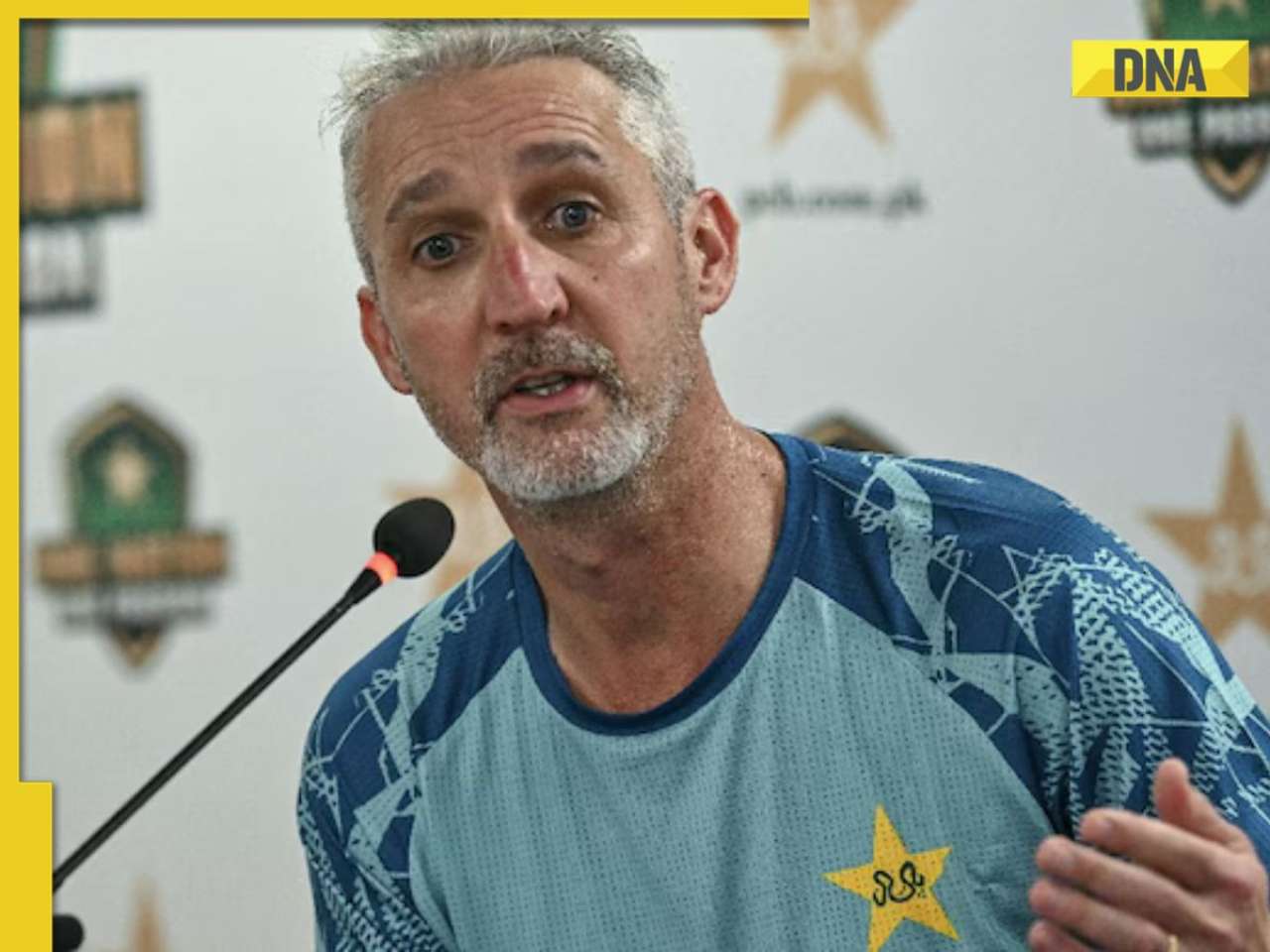

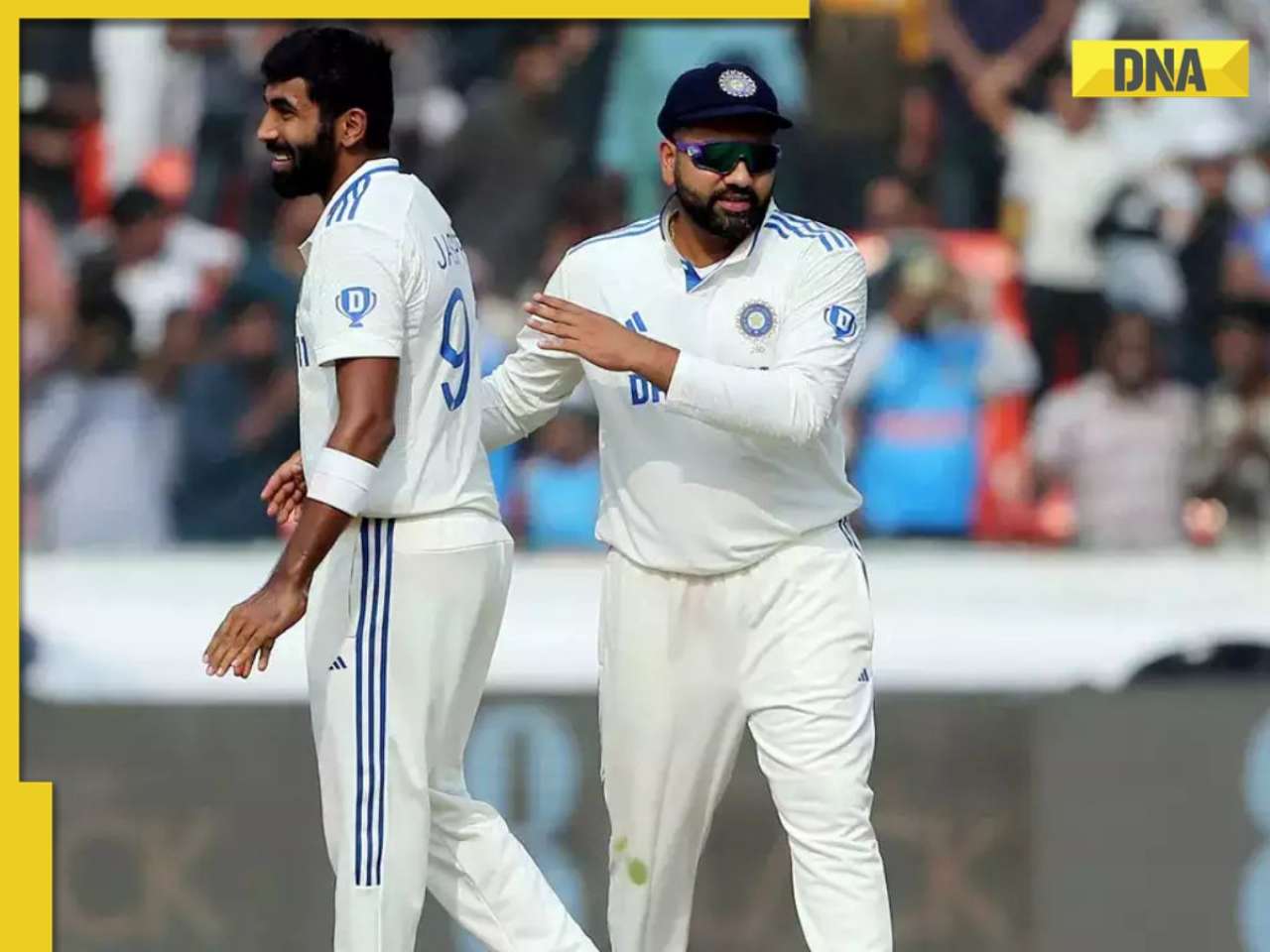

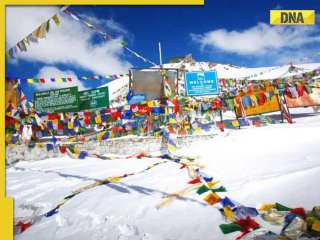


)





